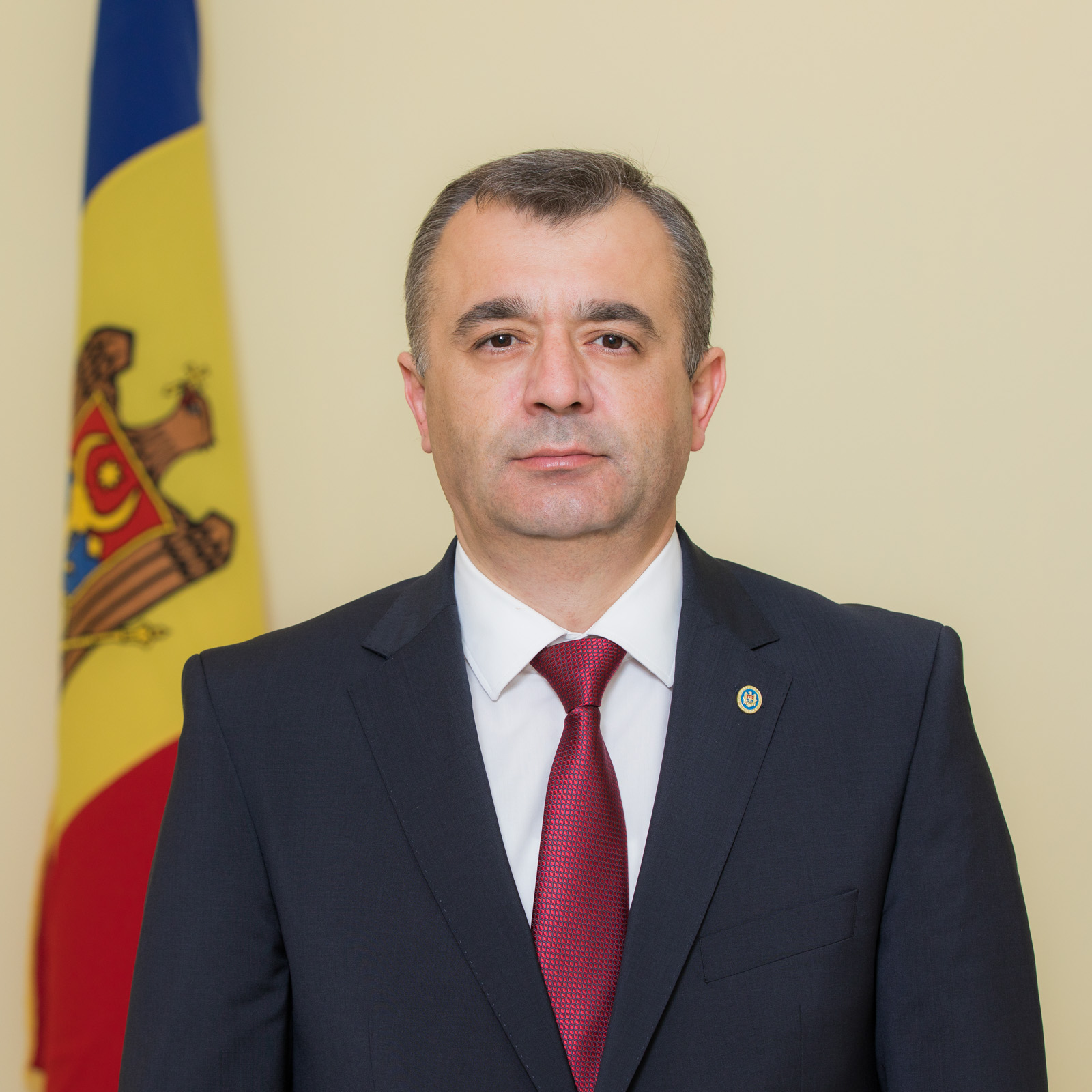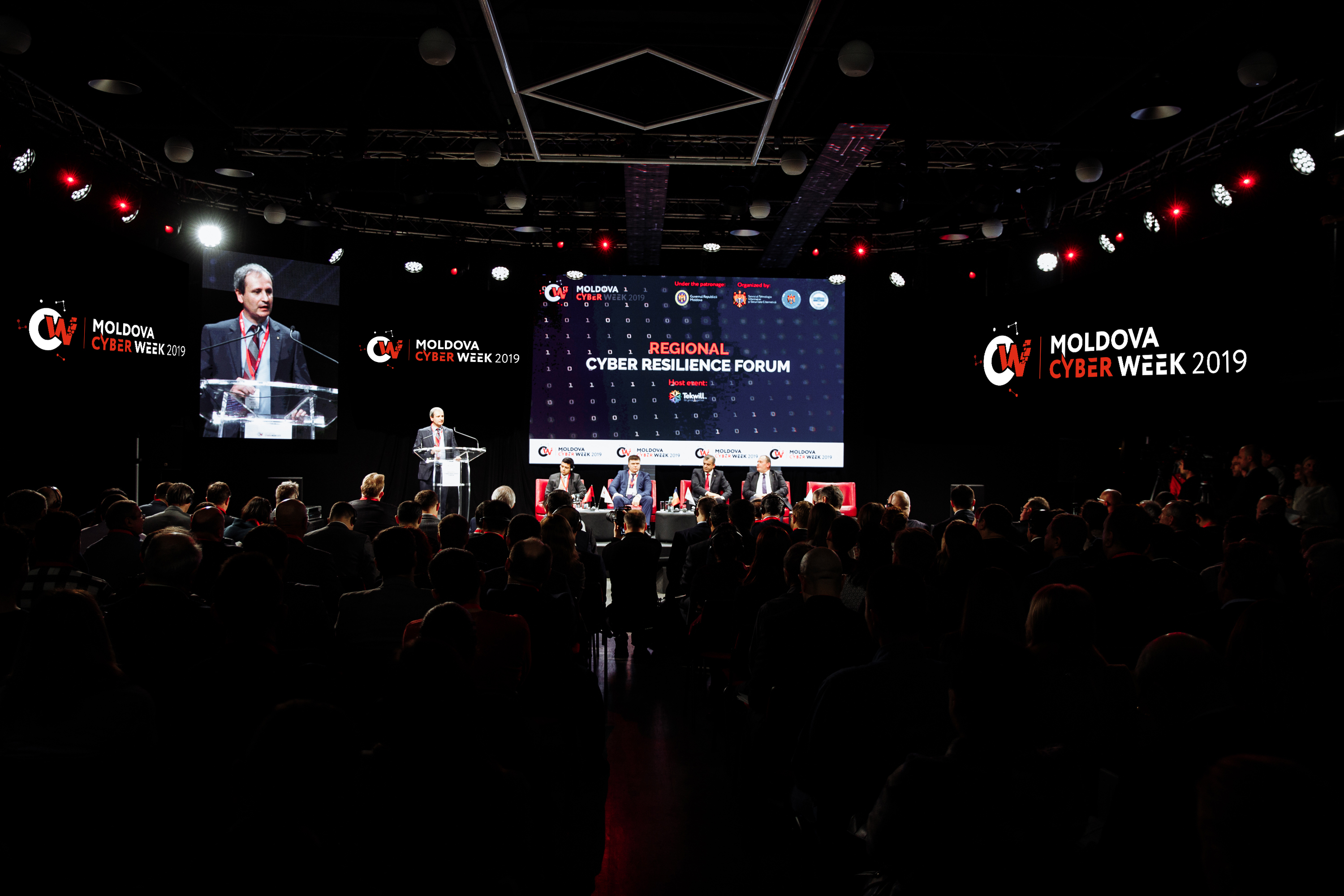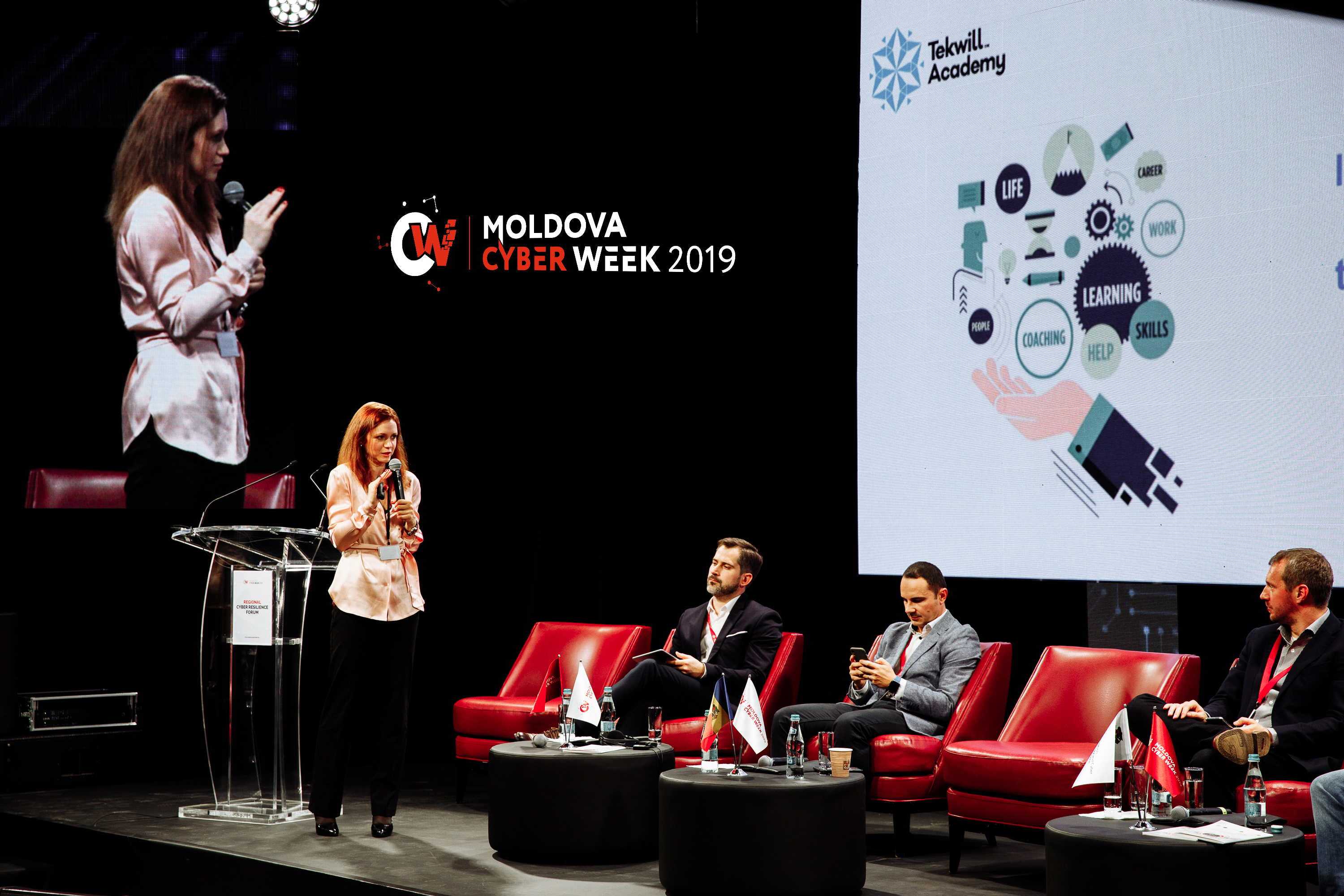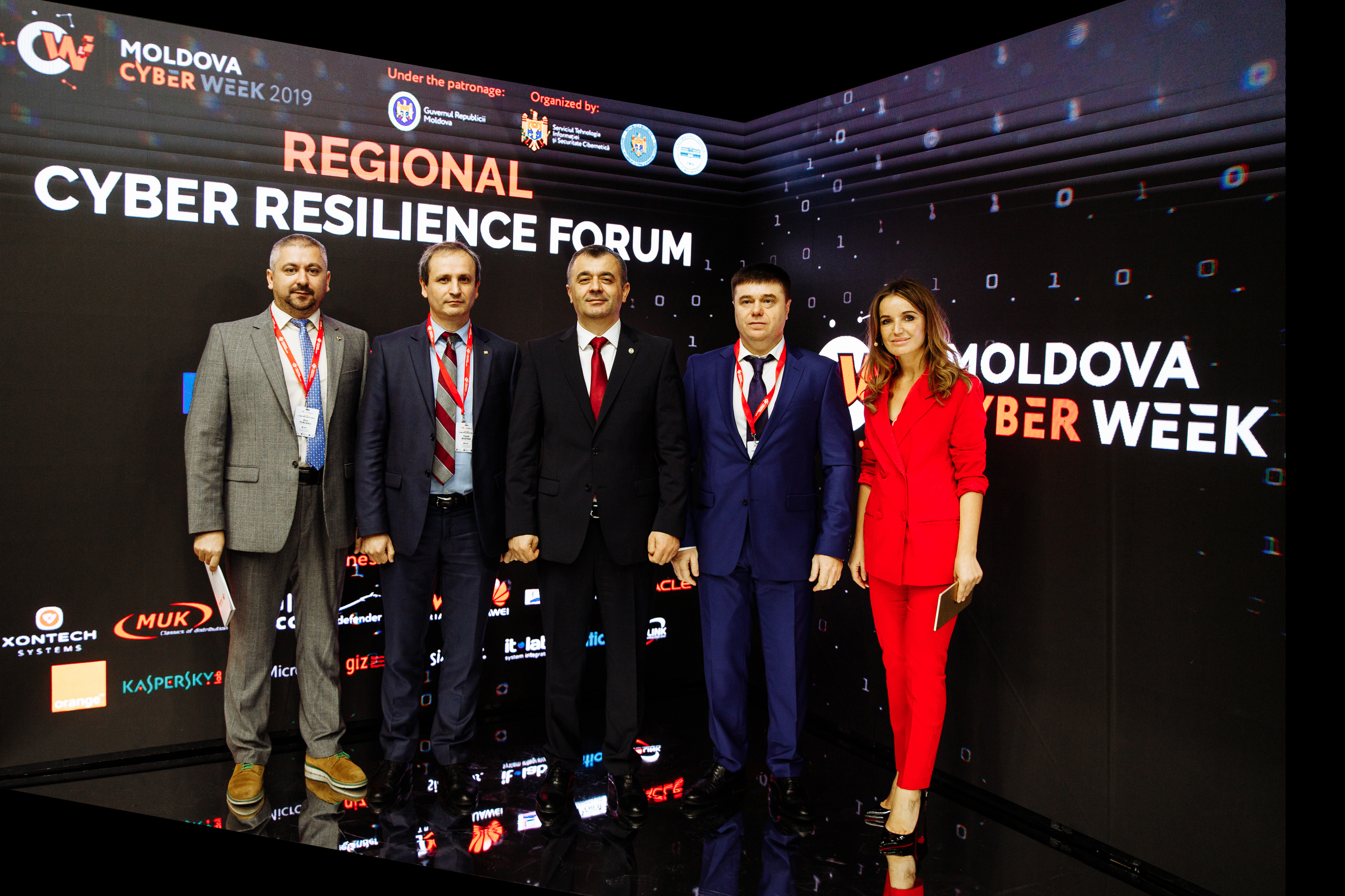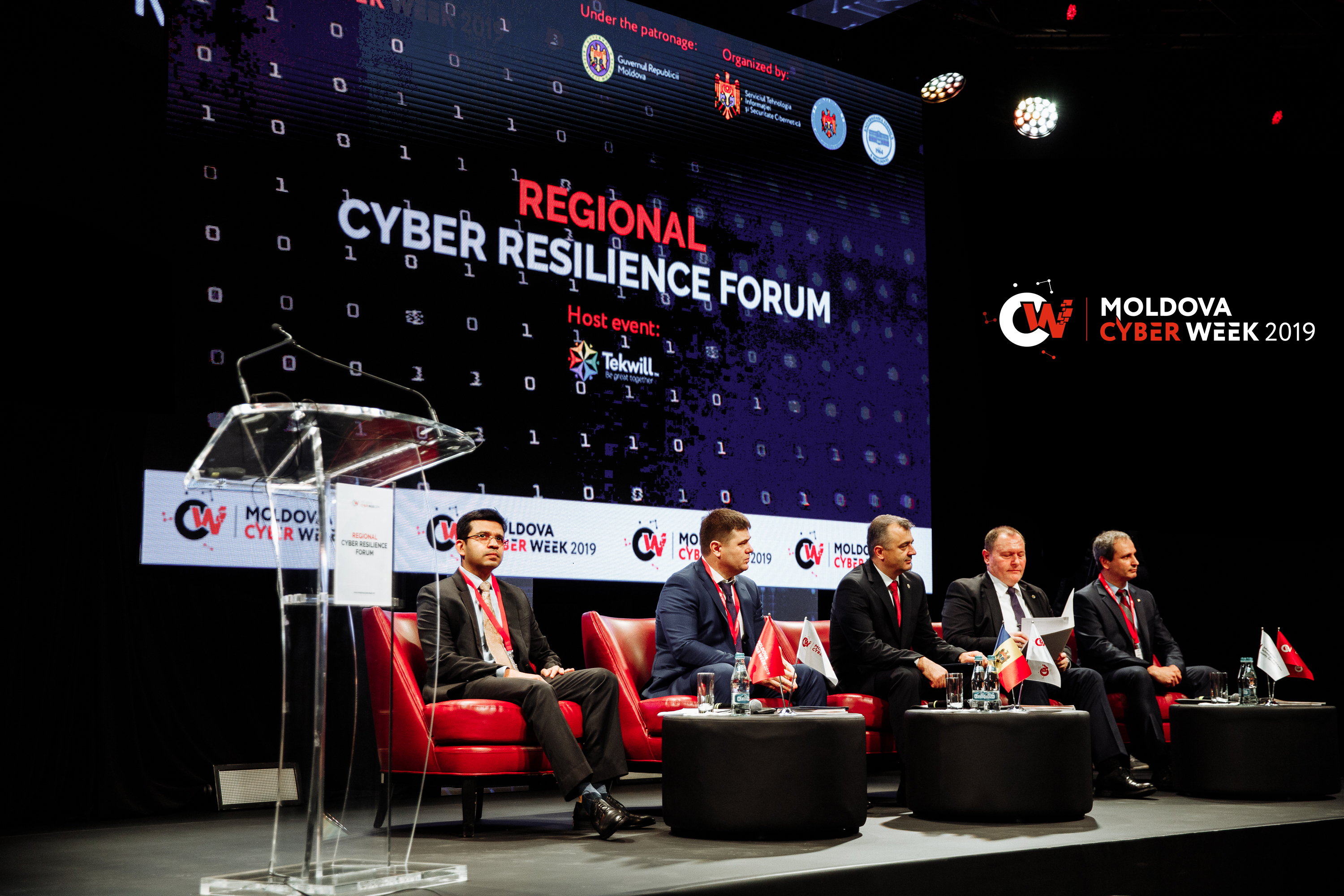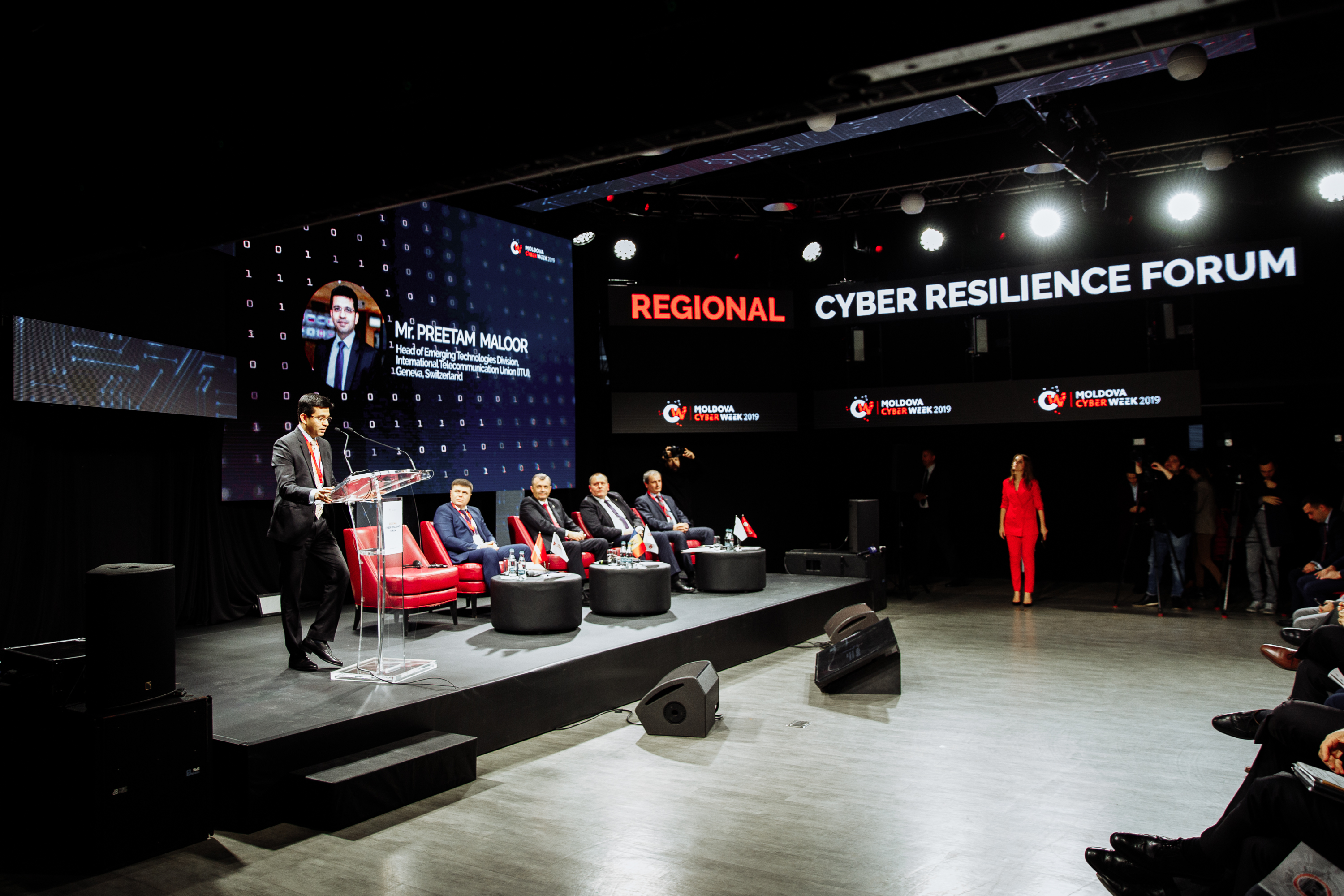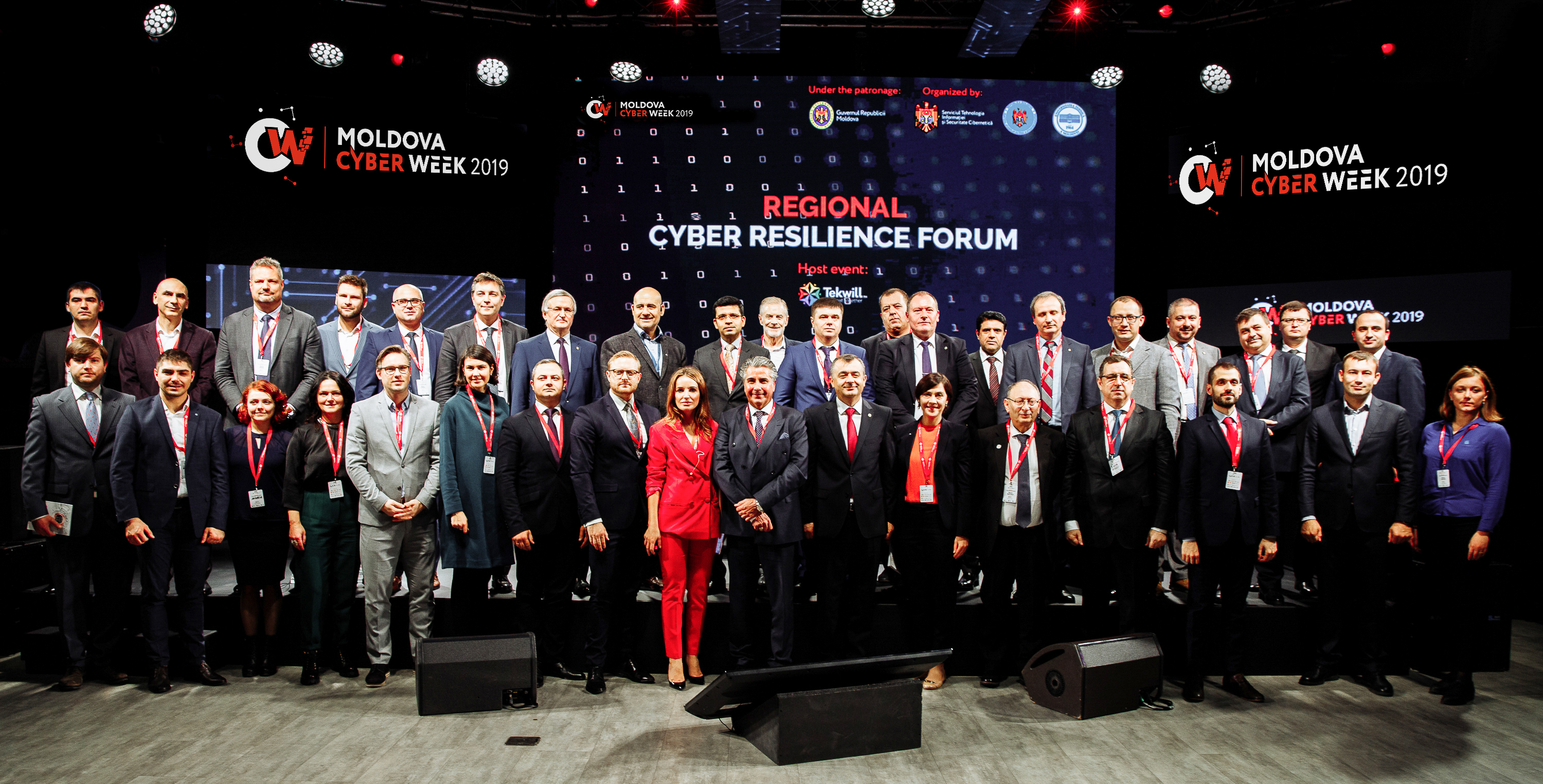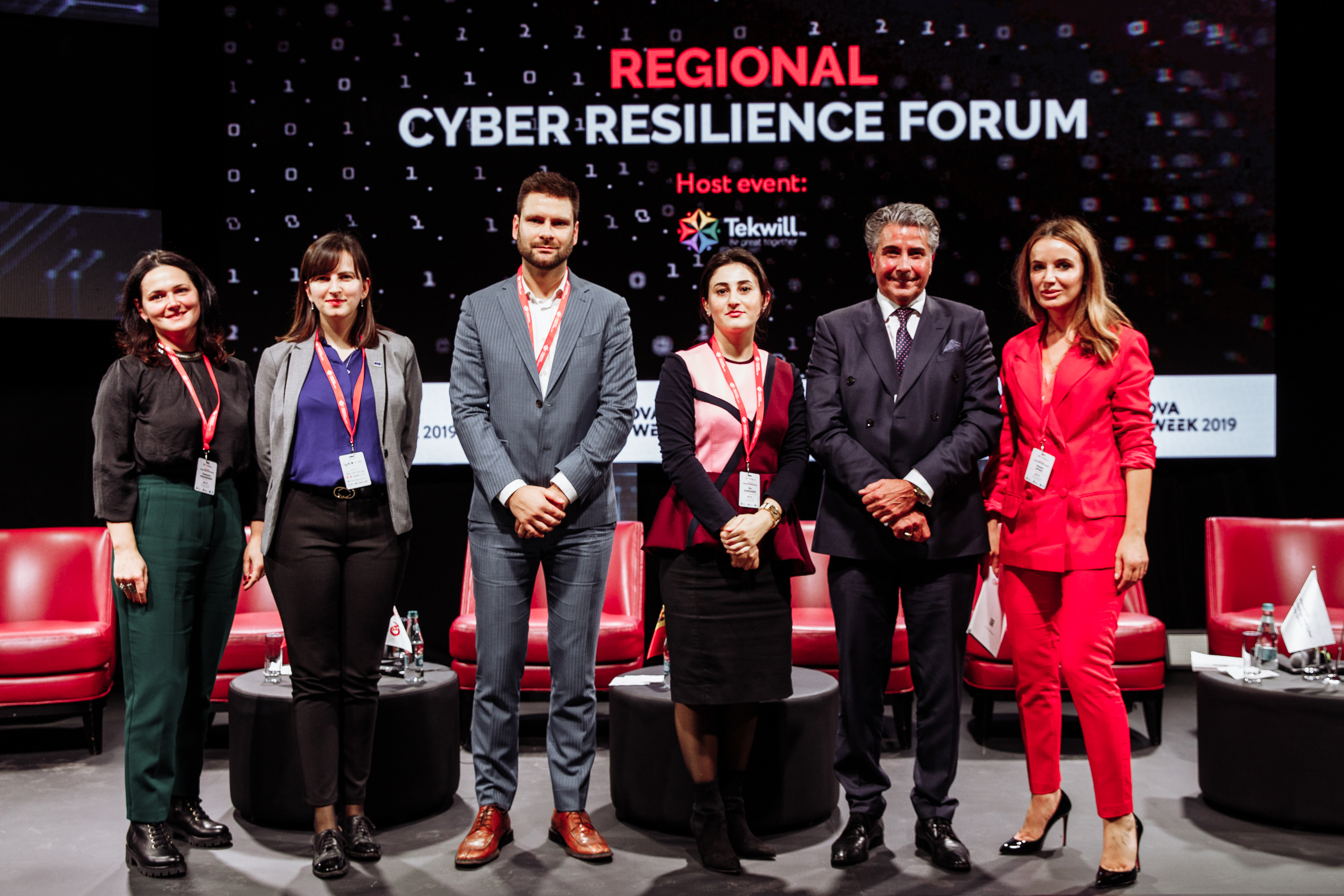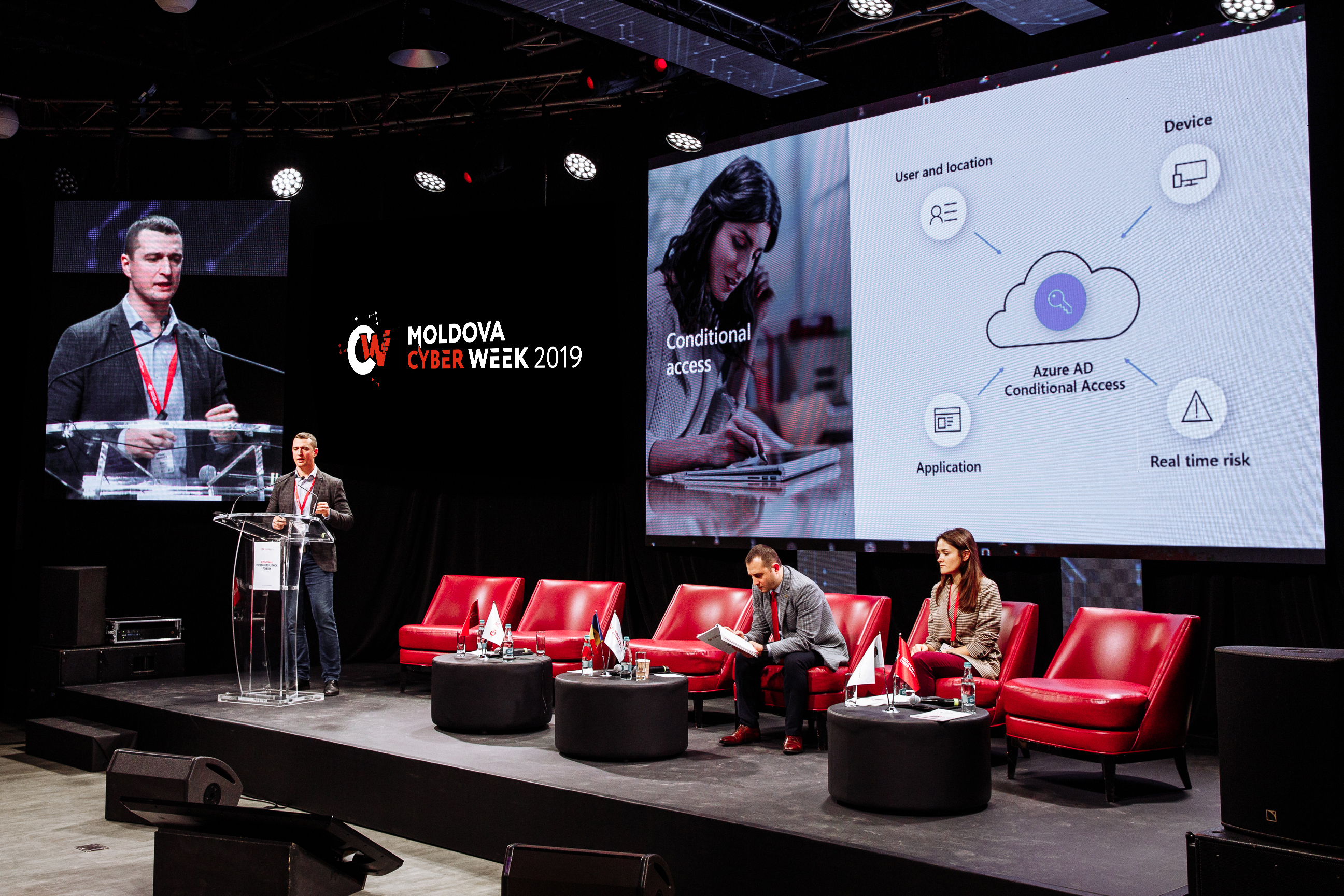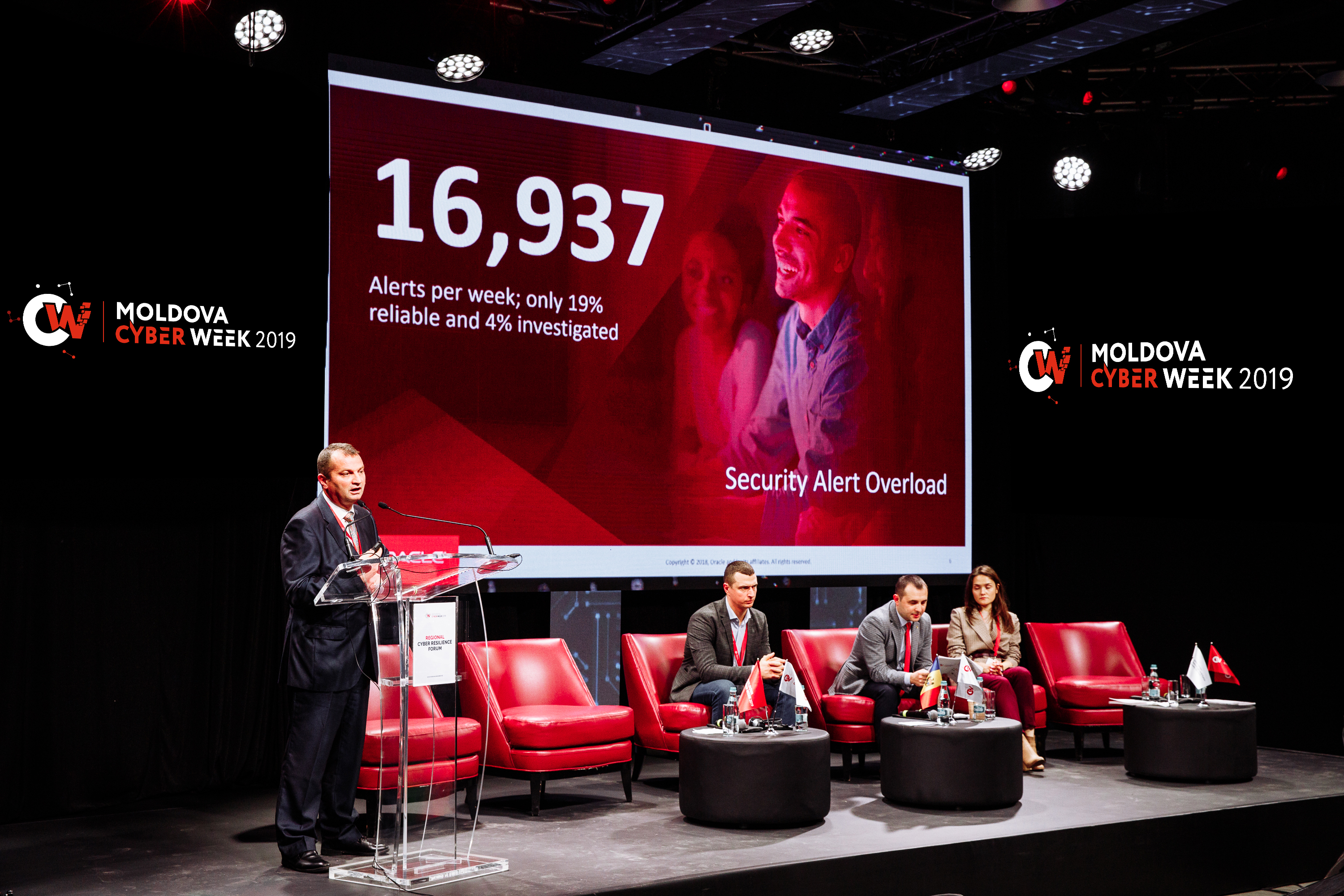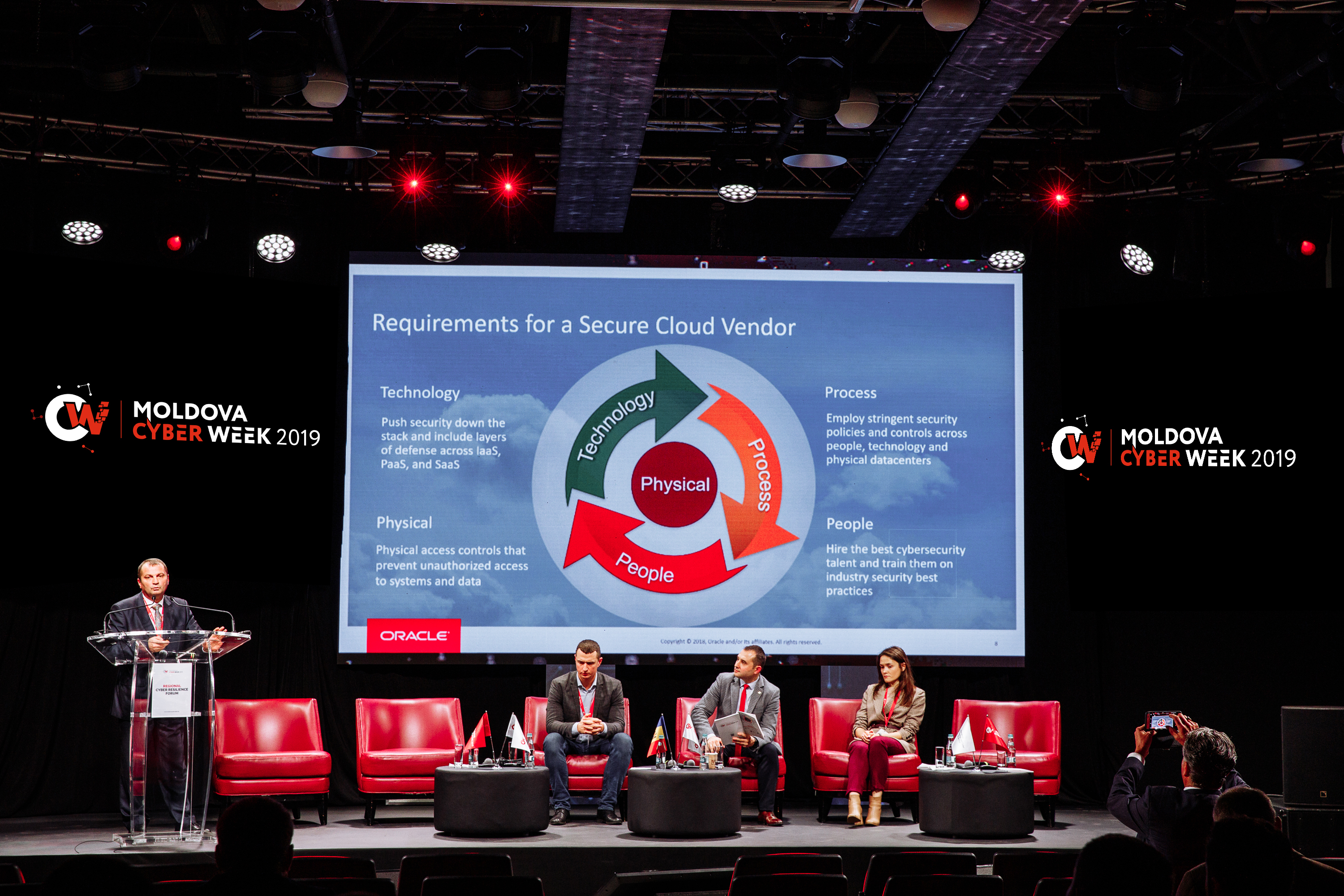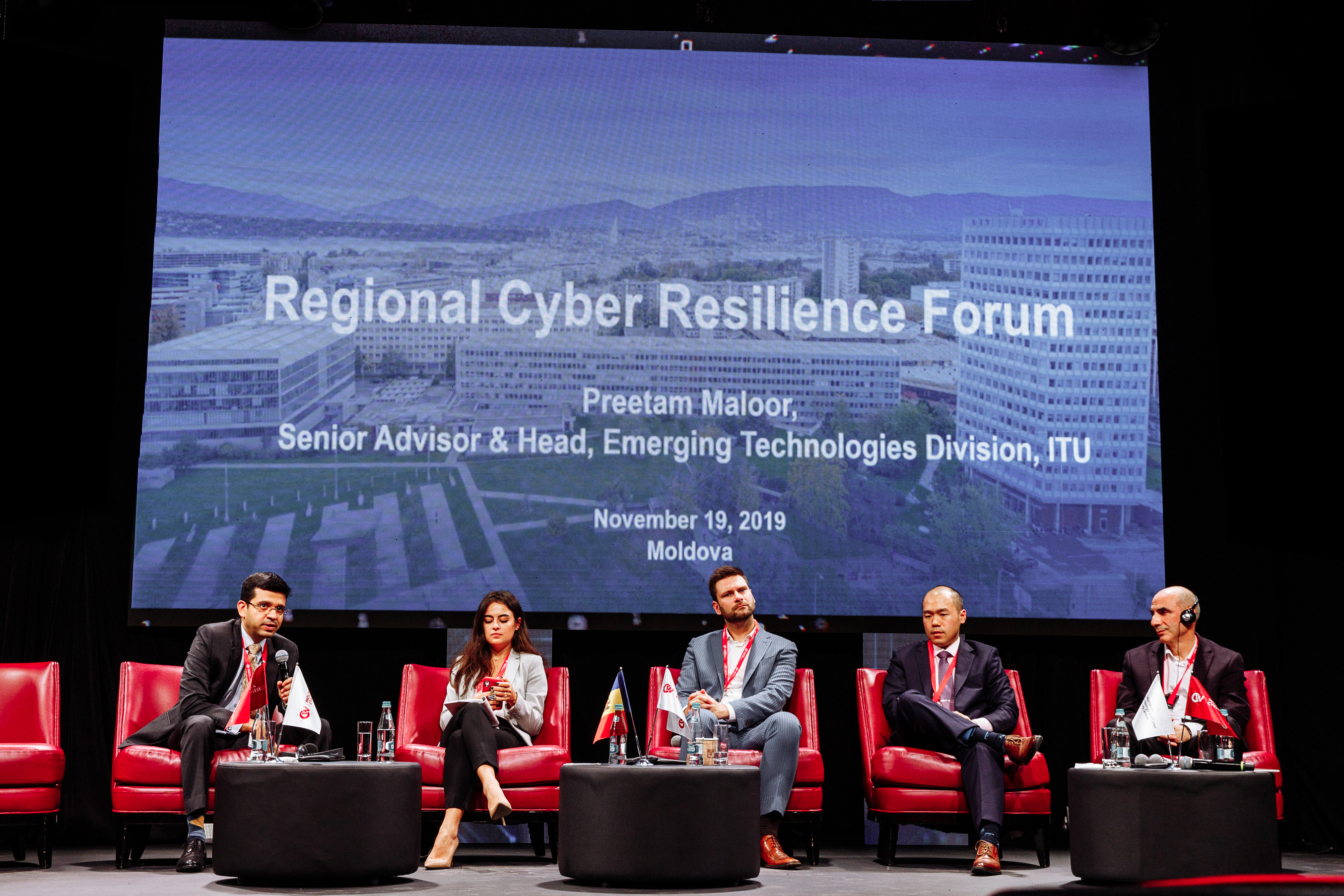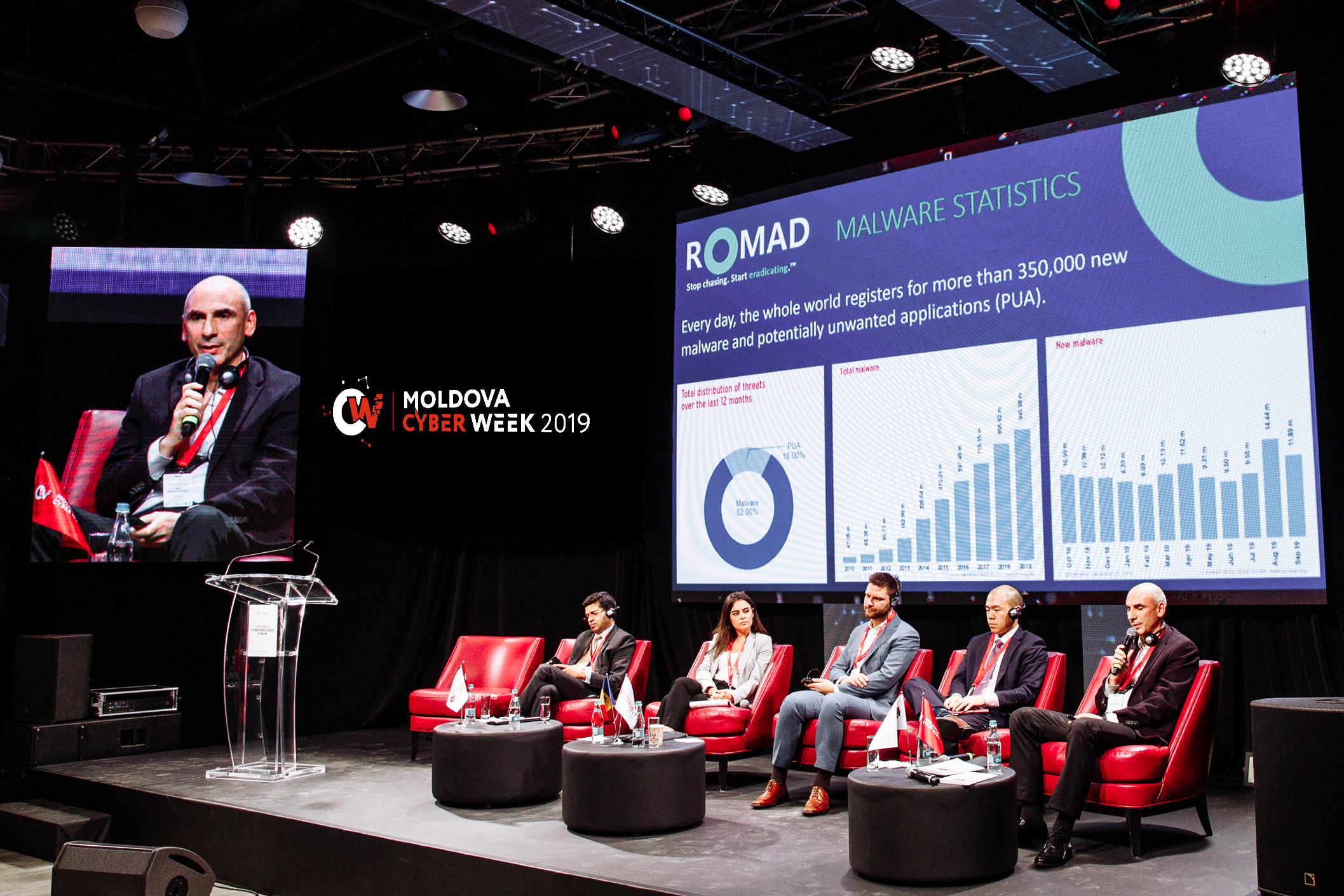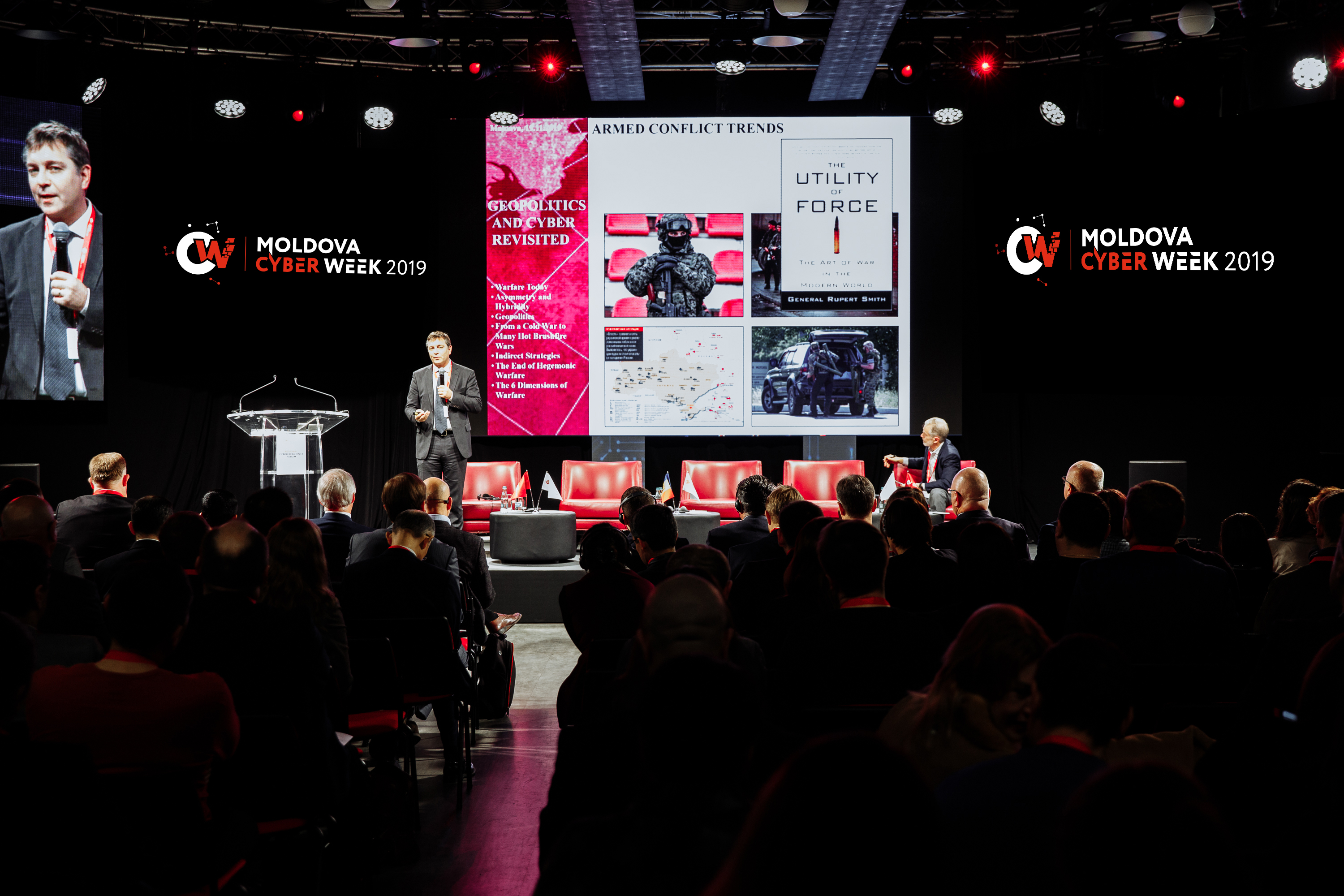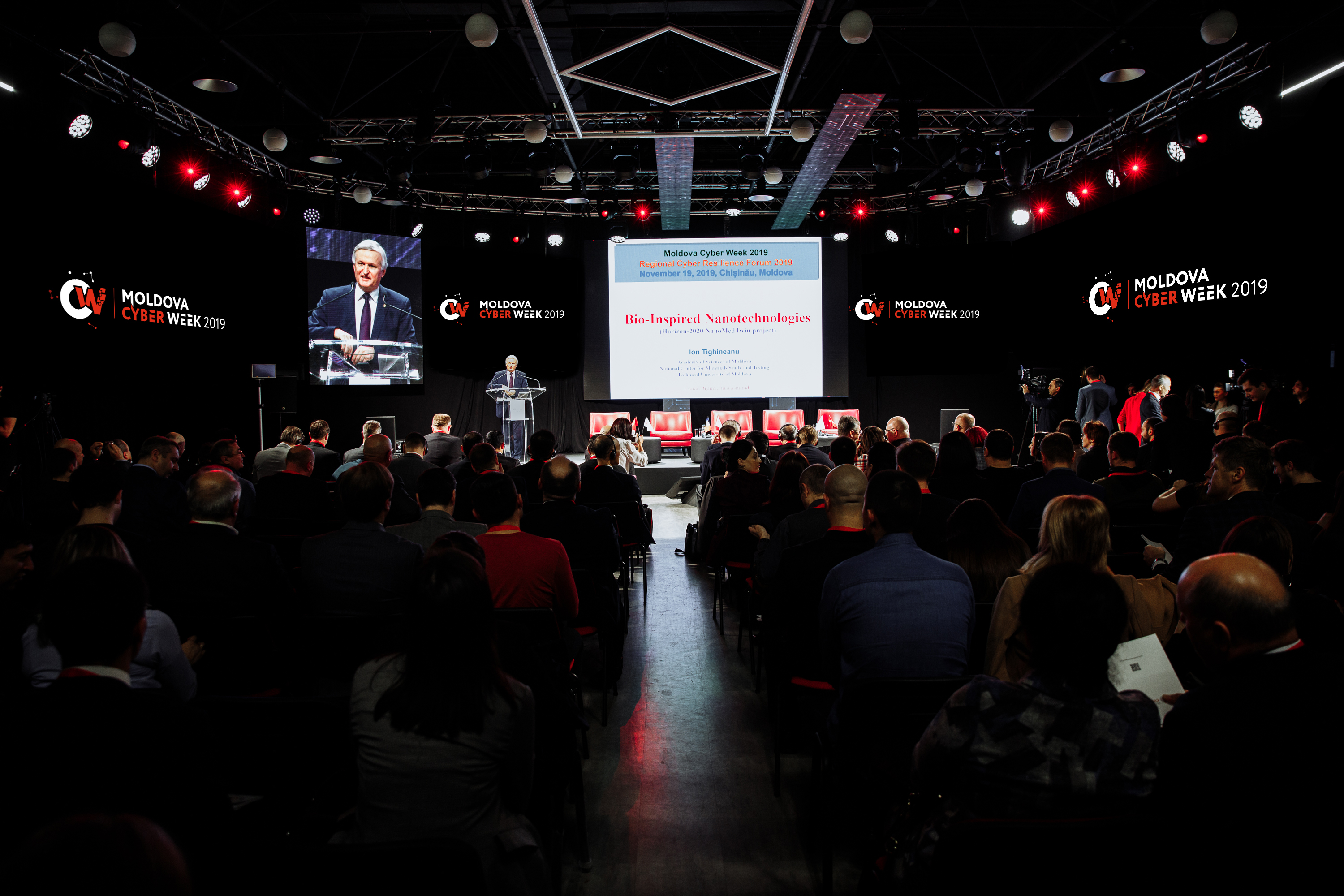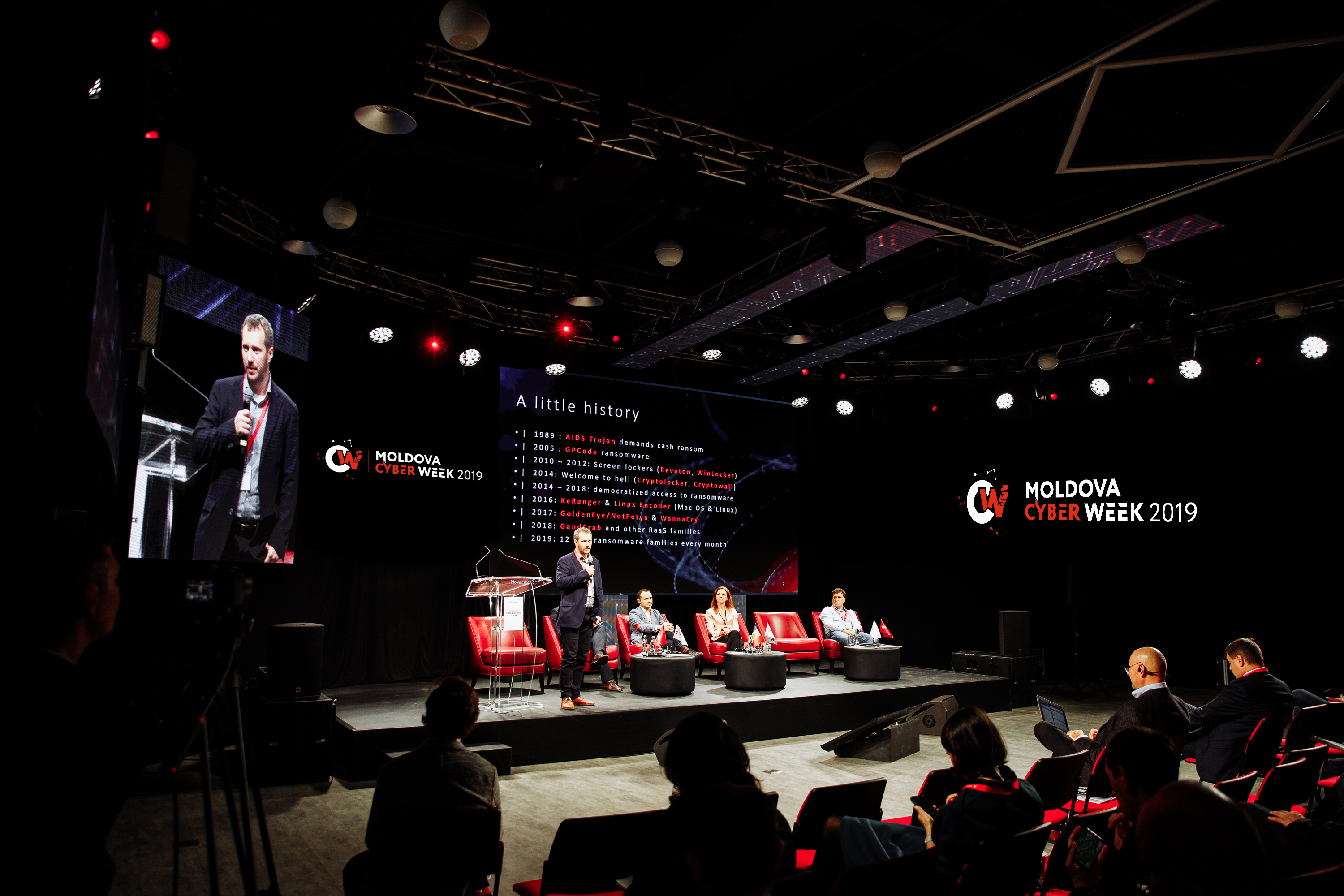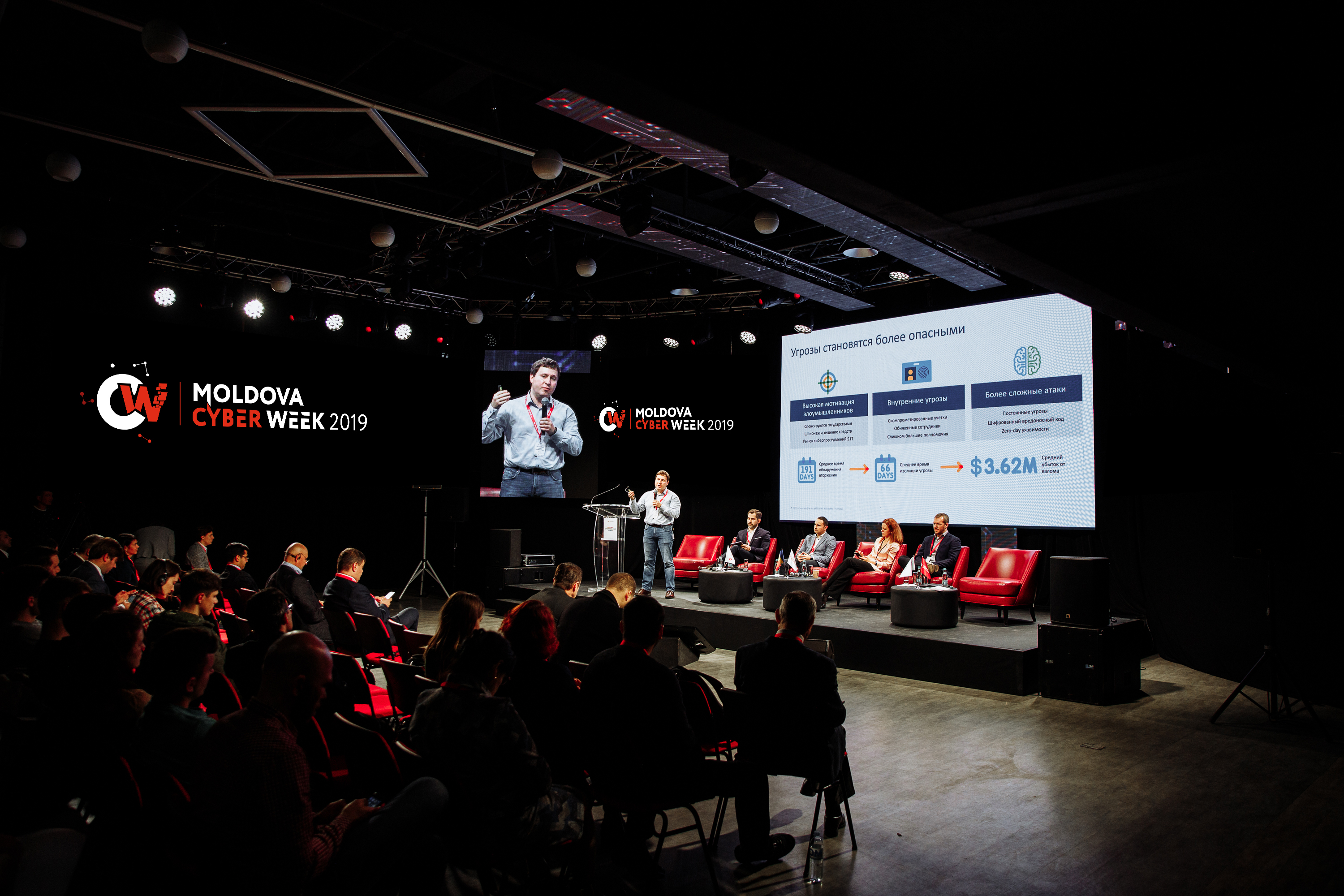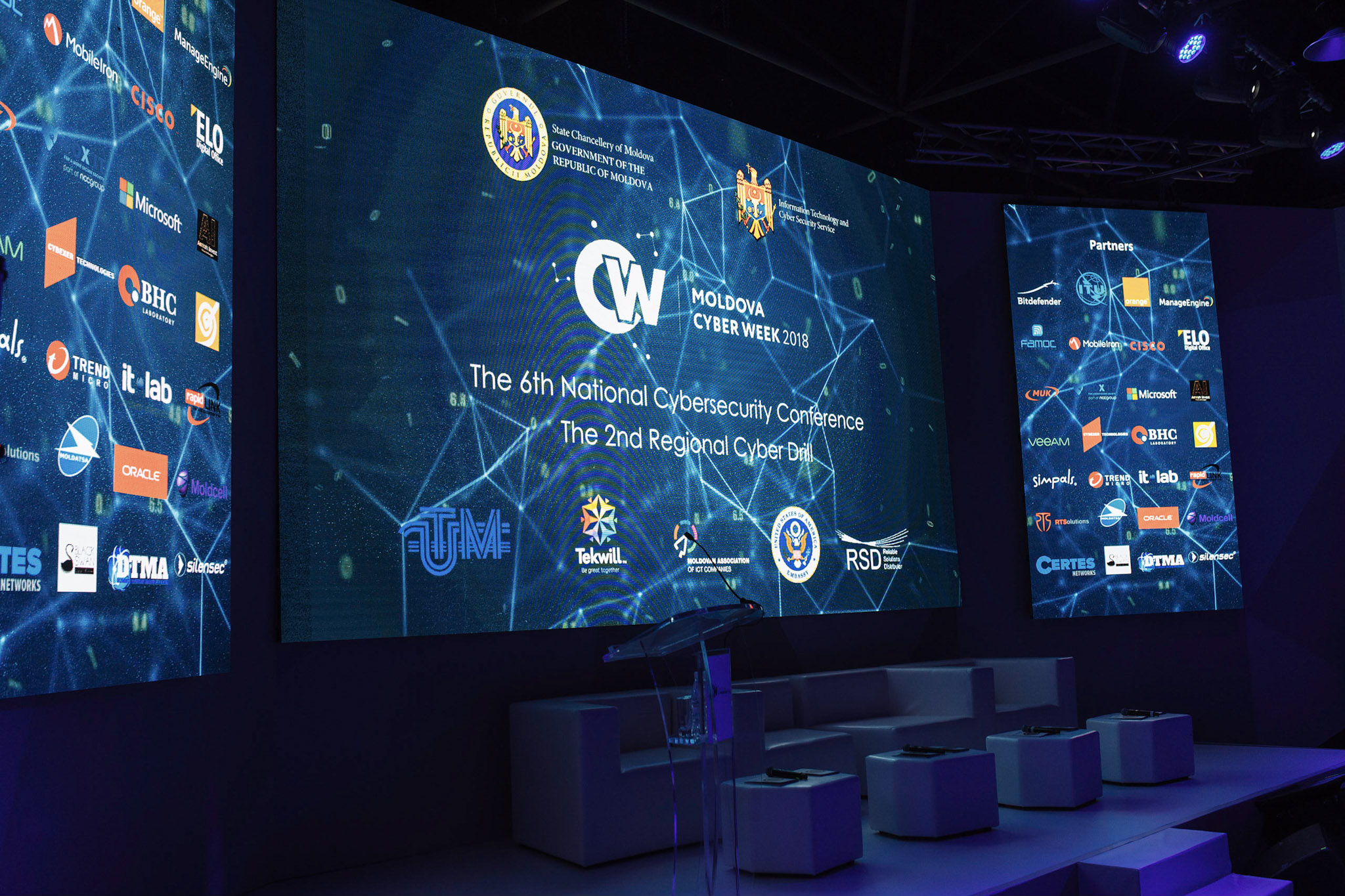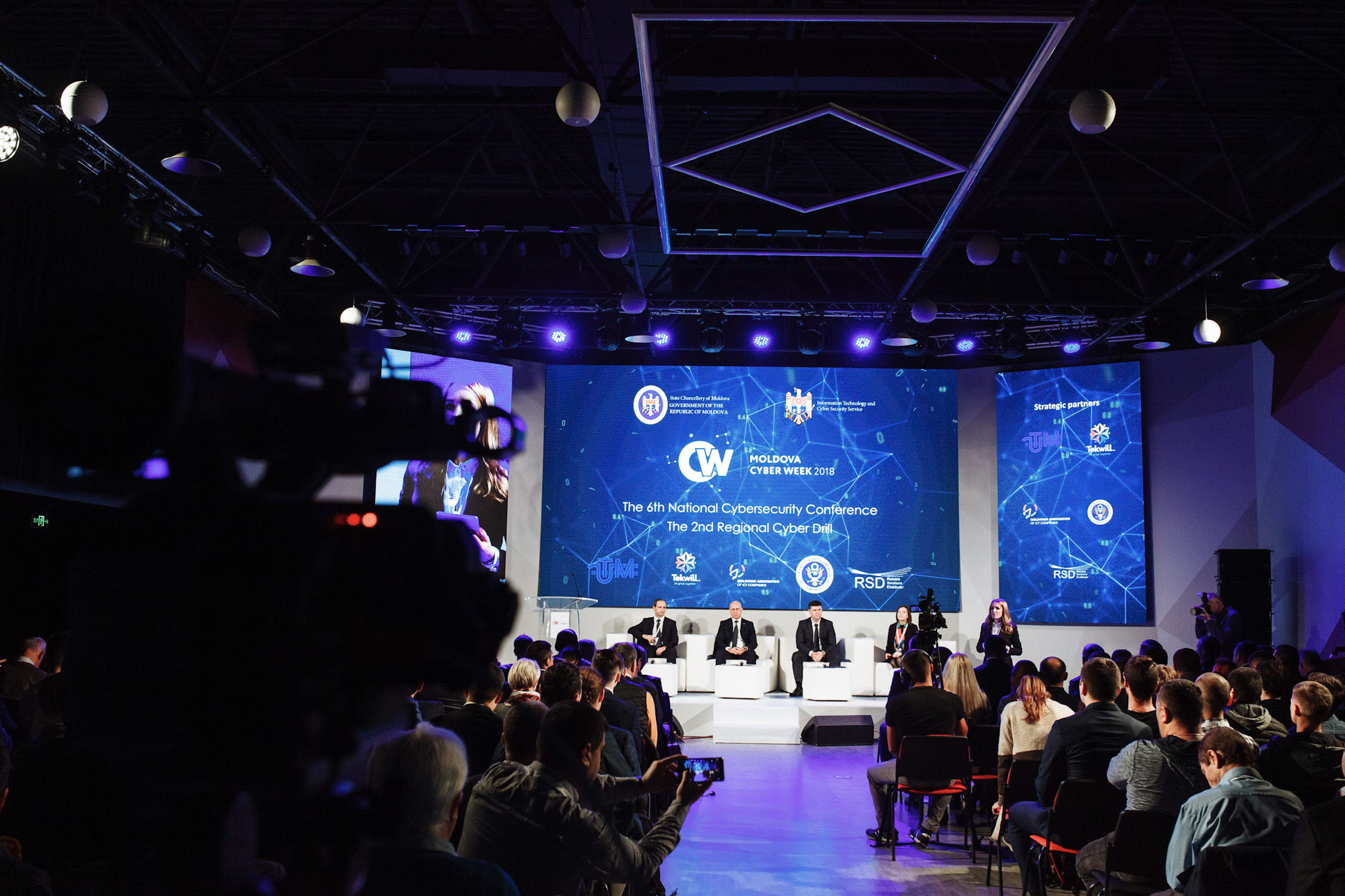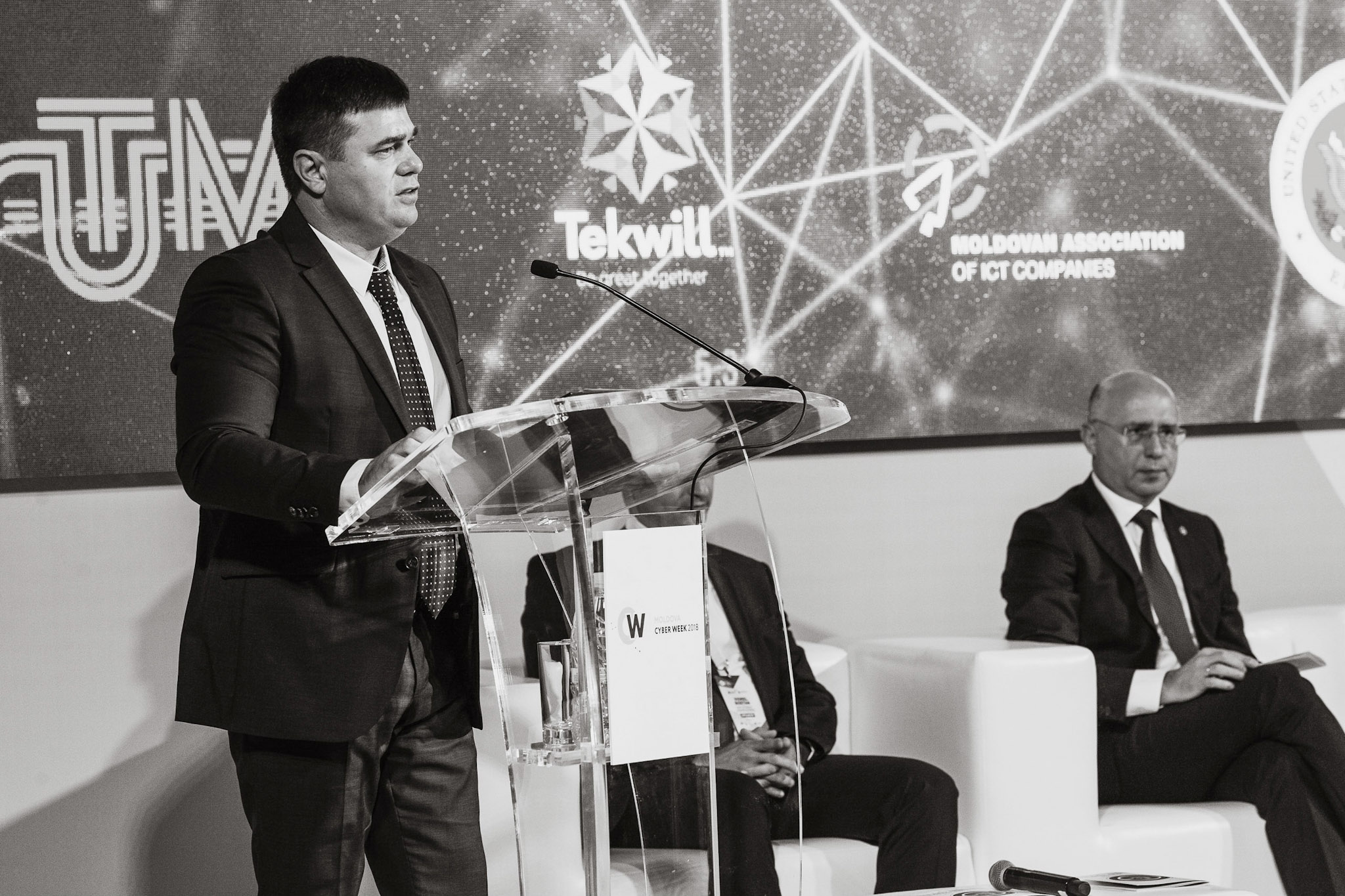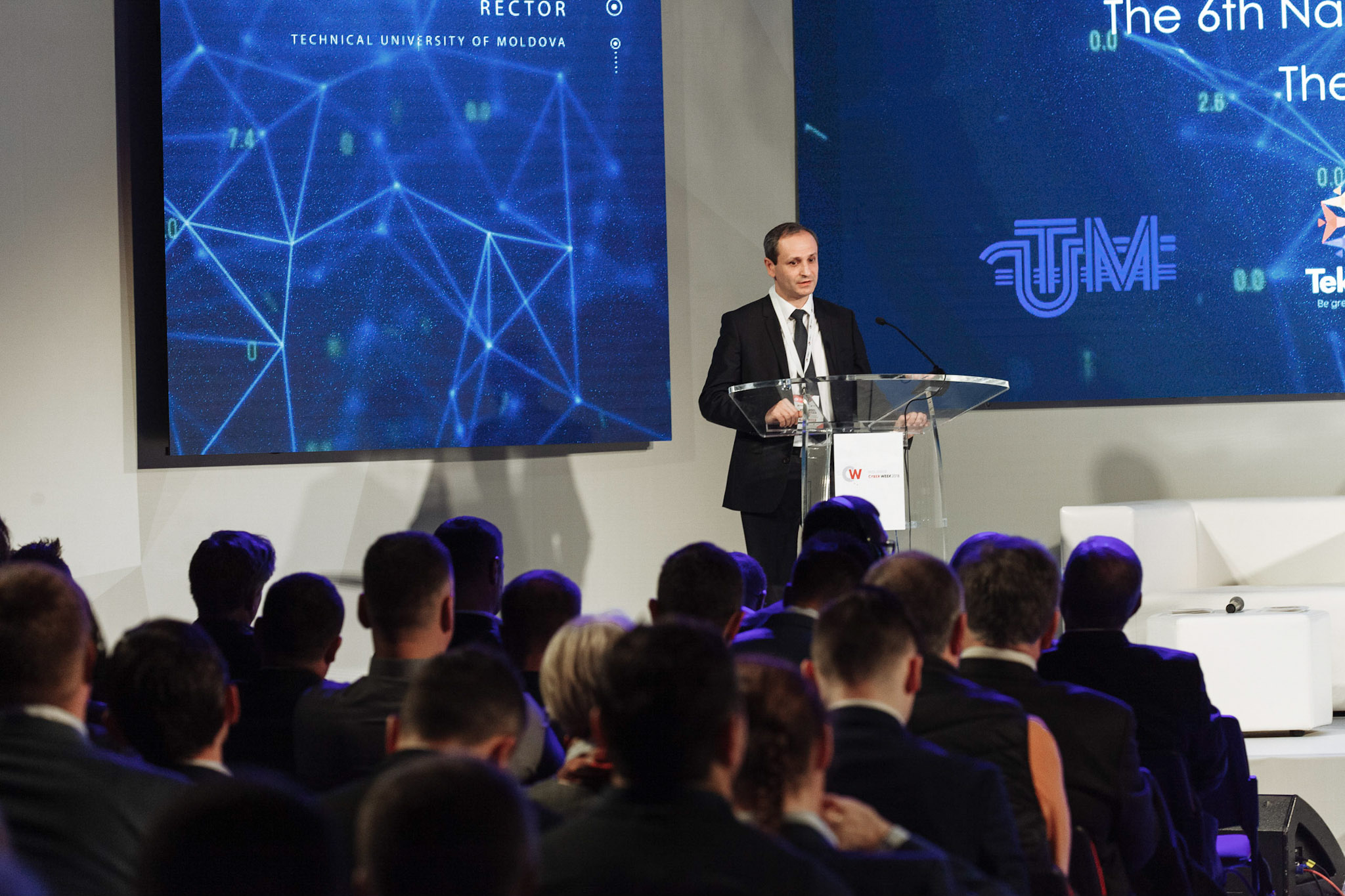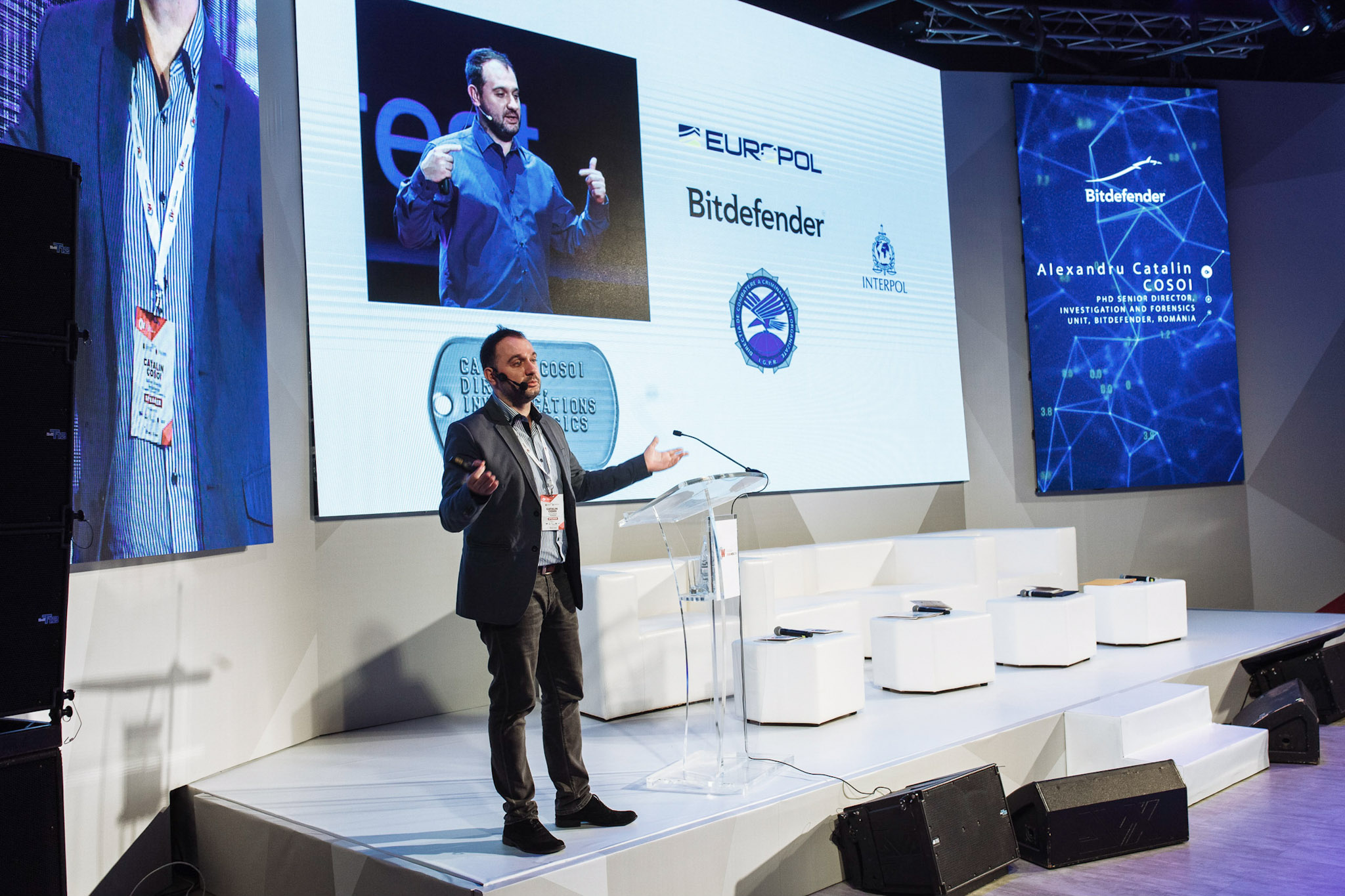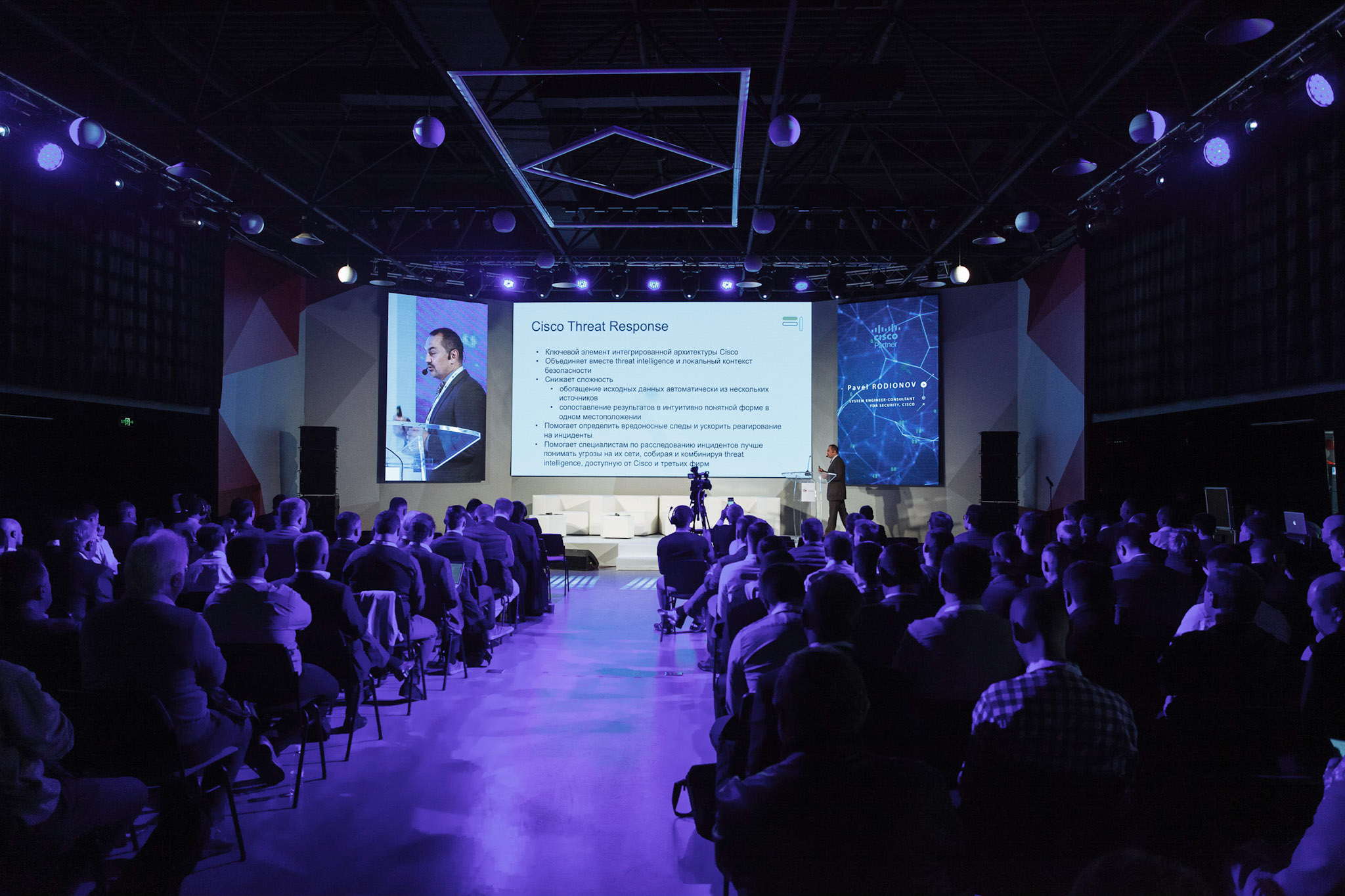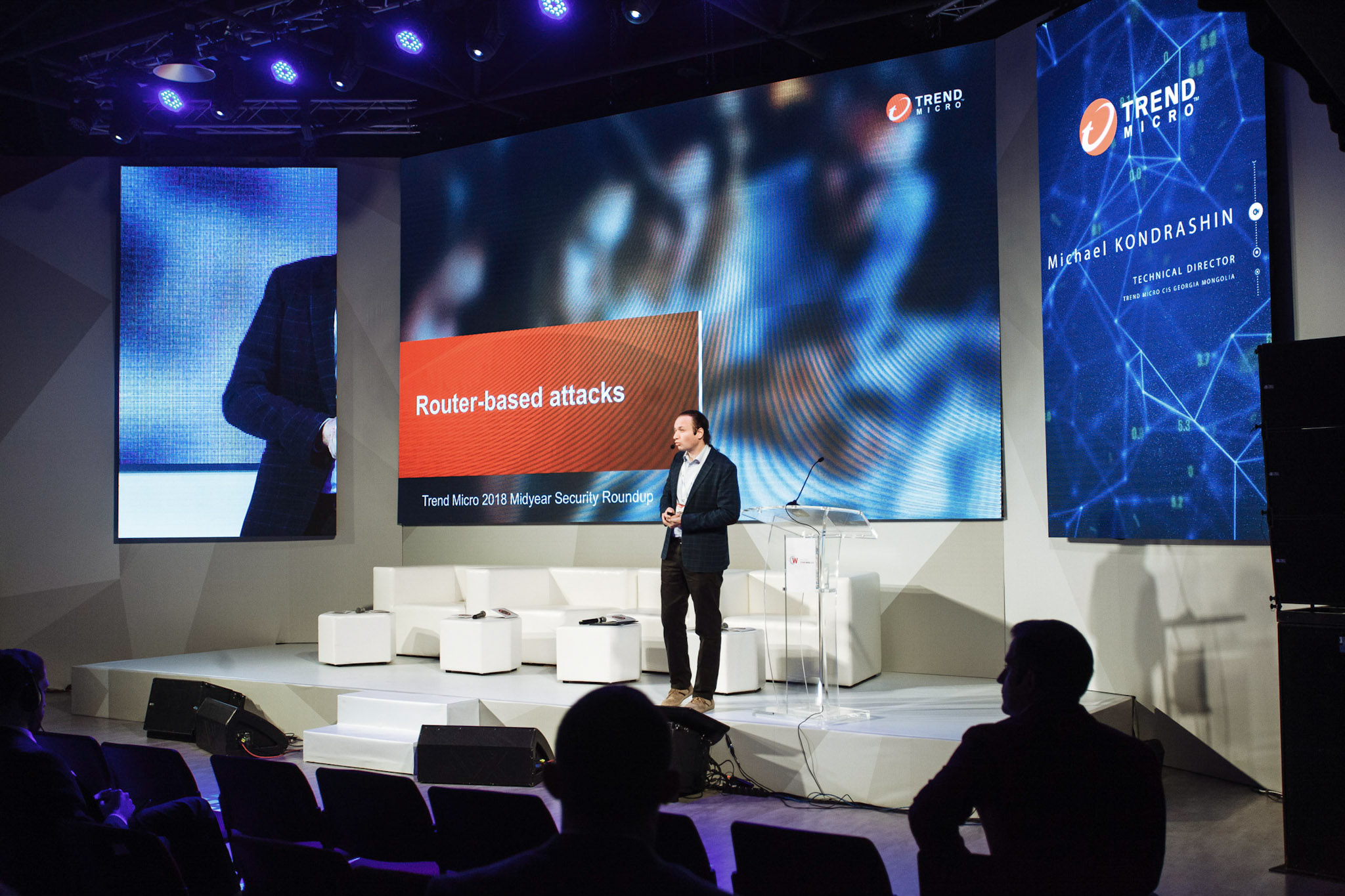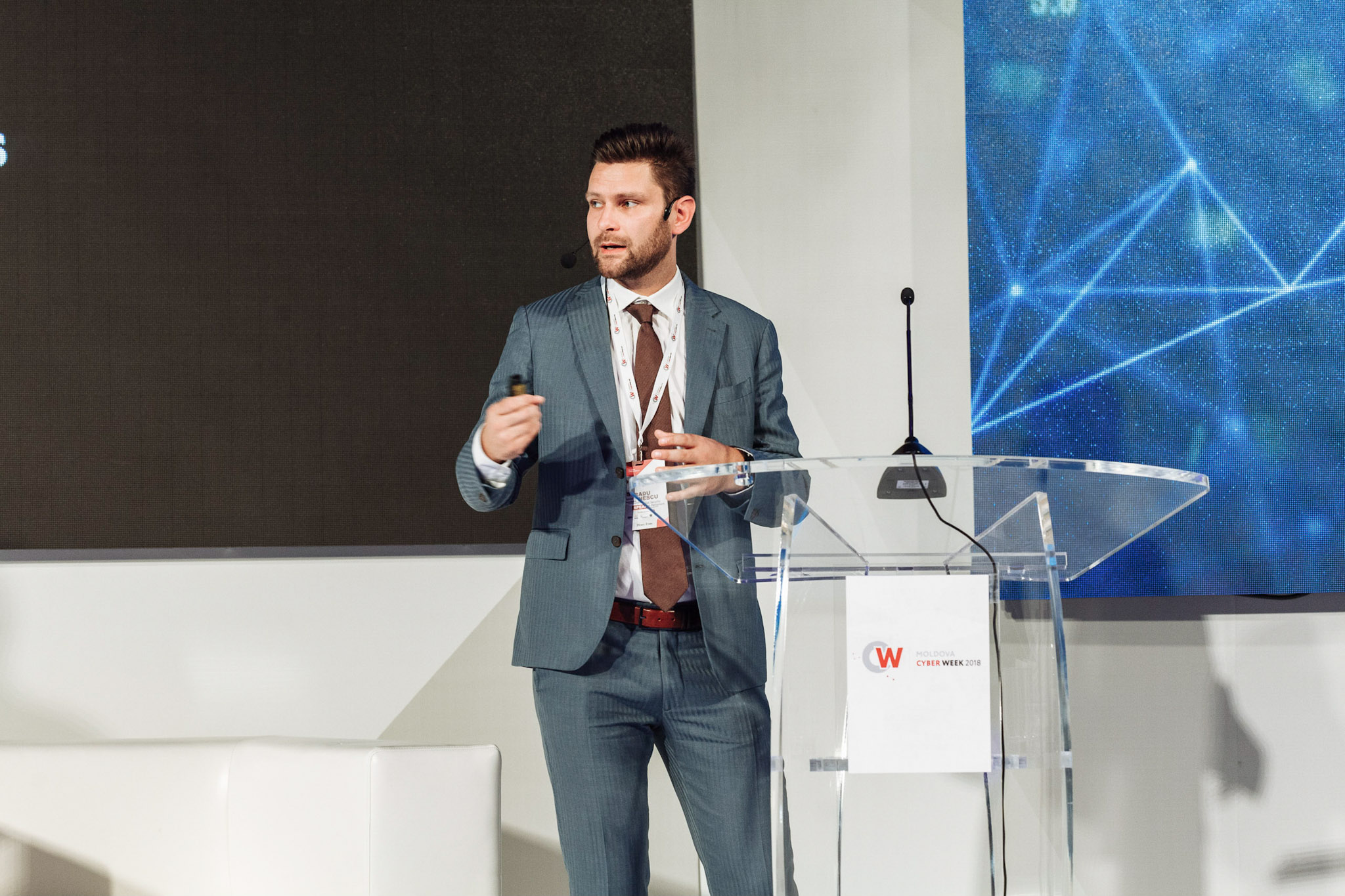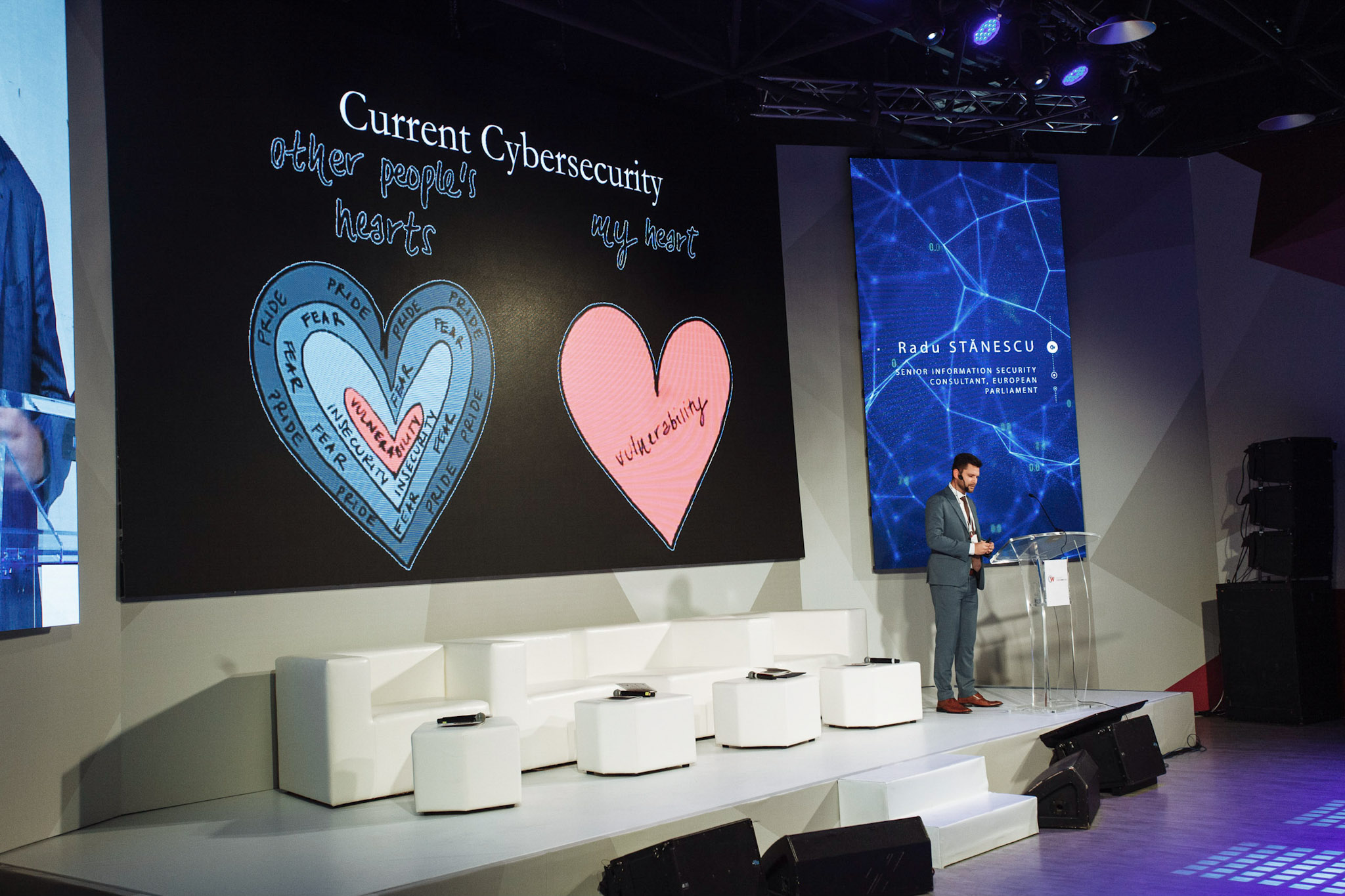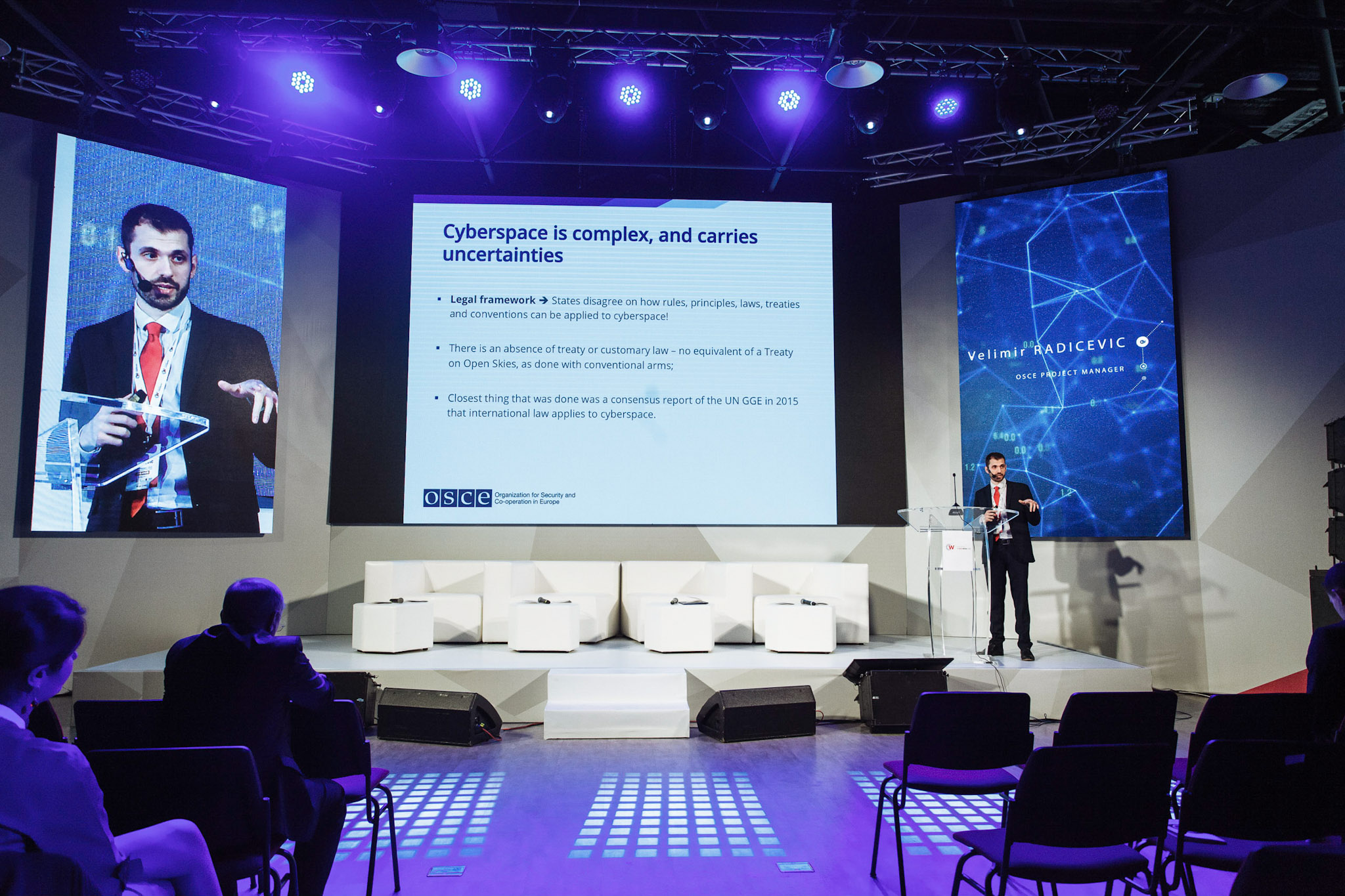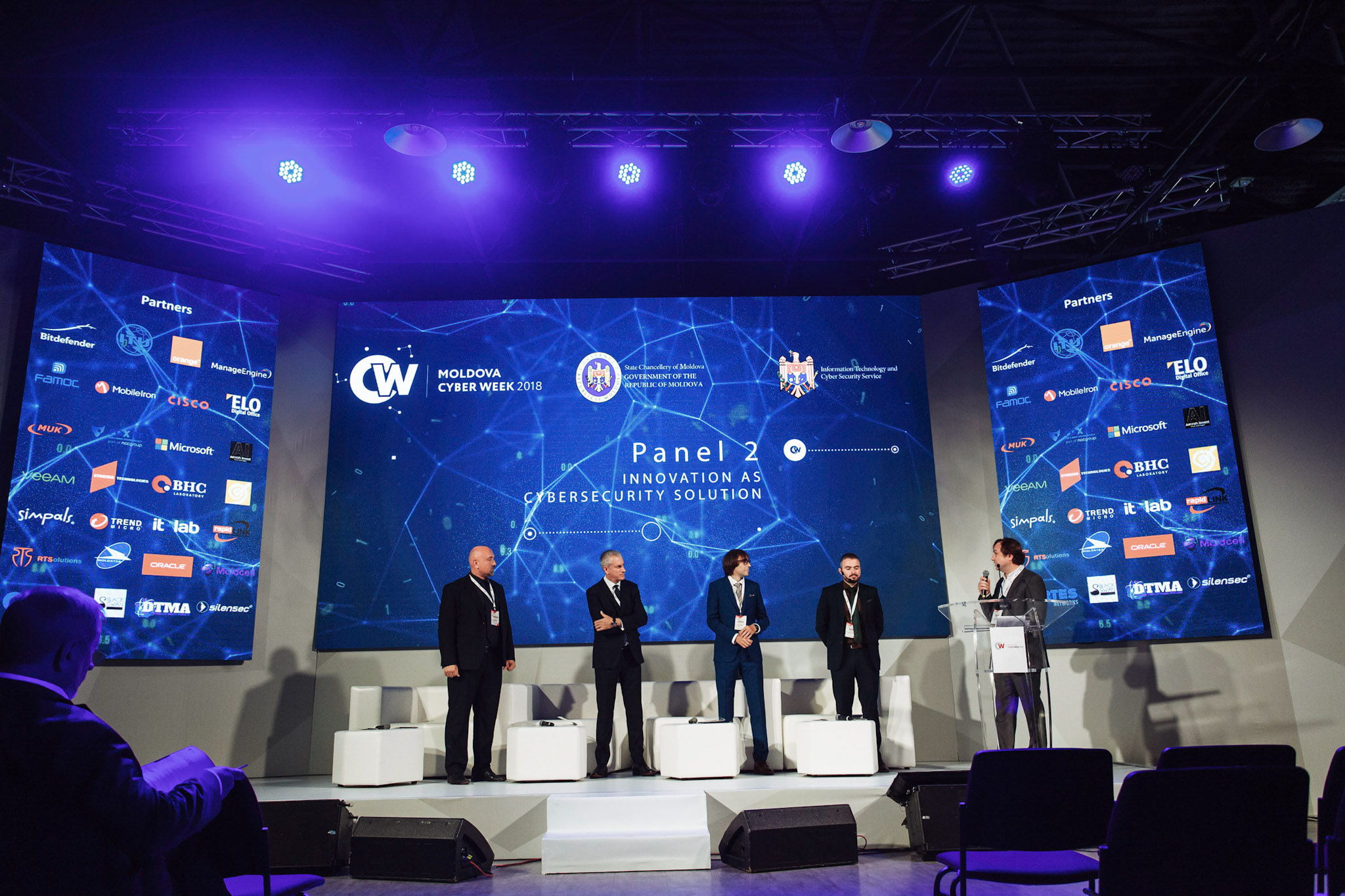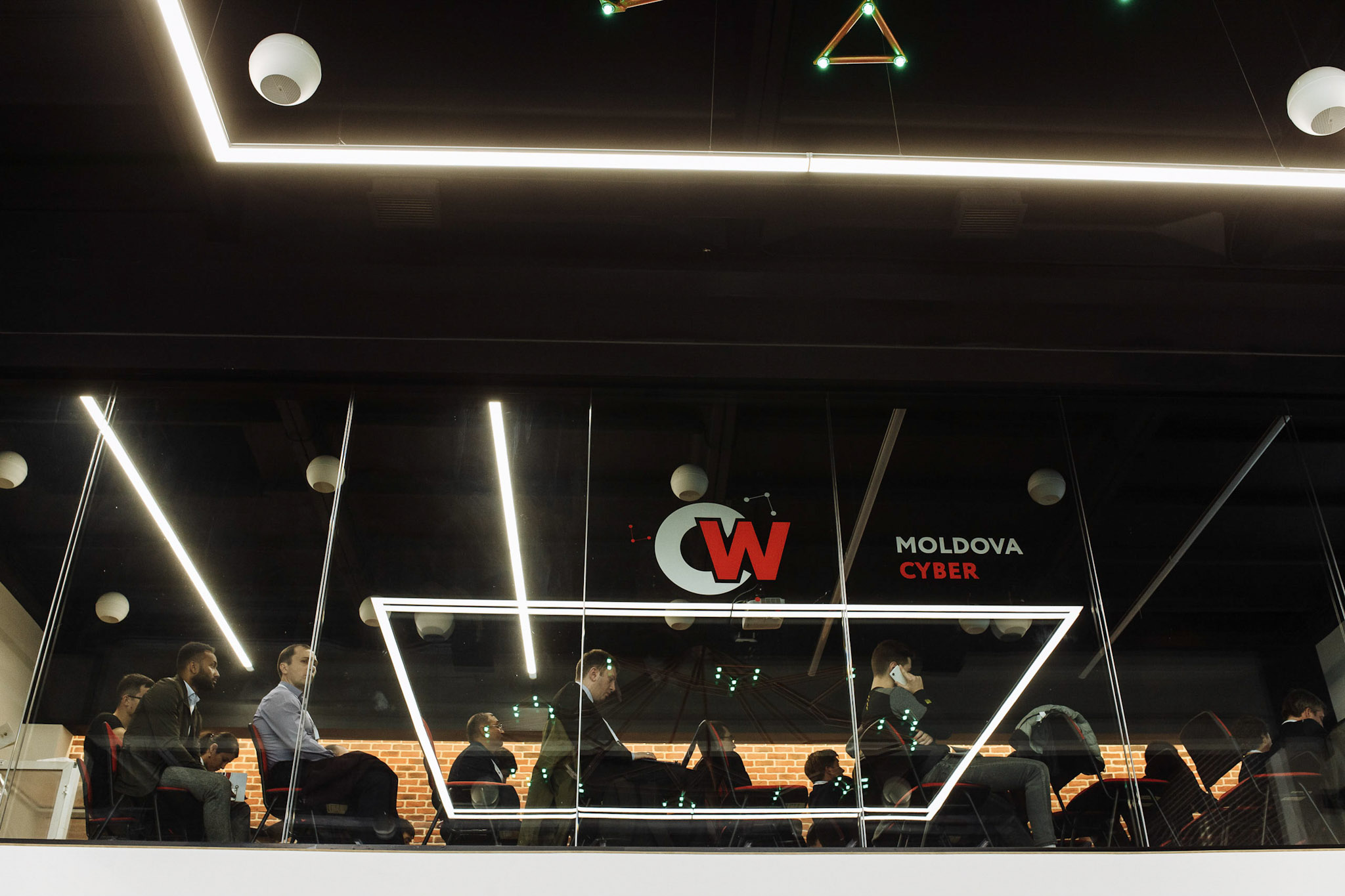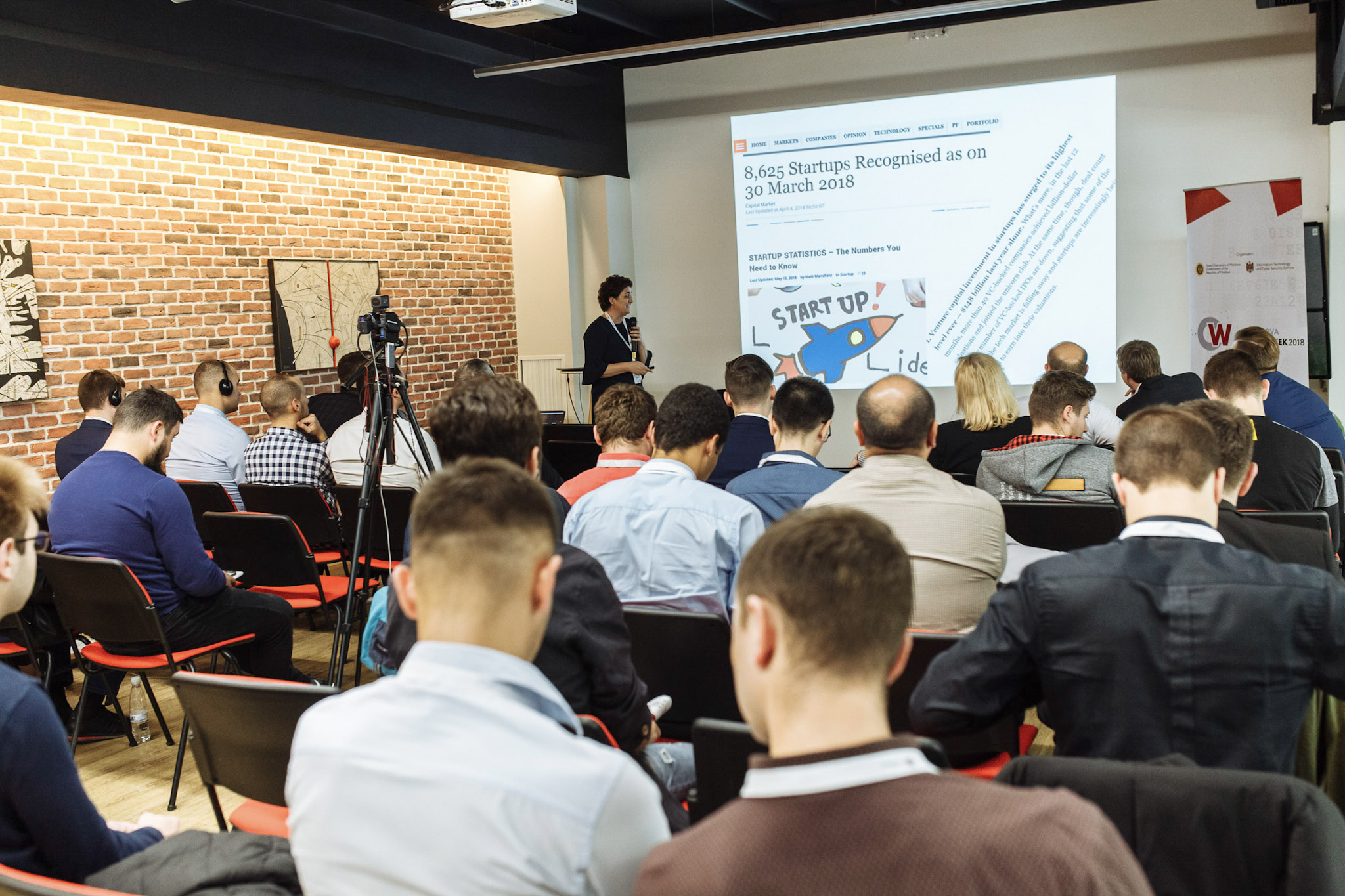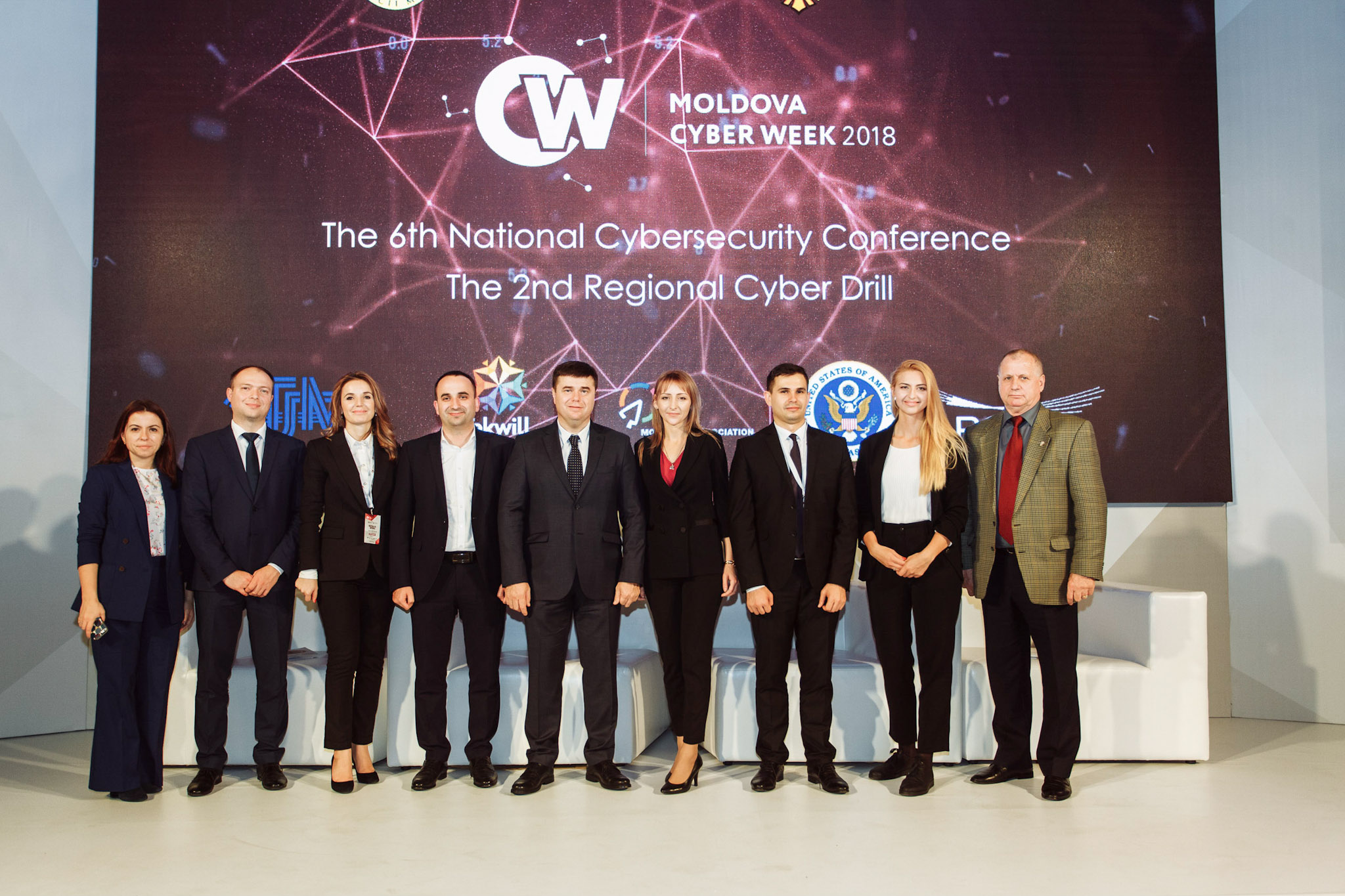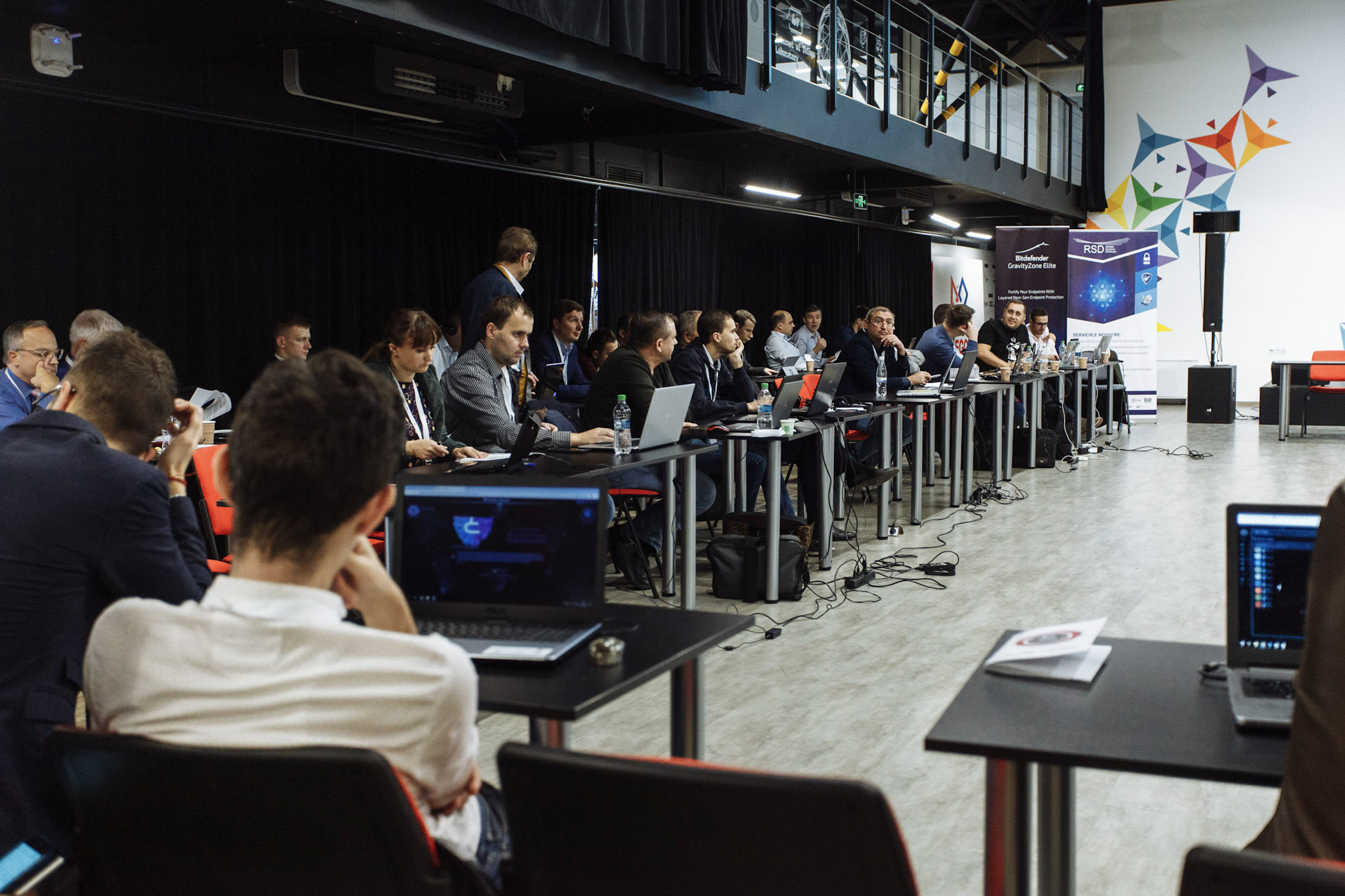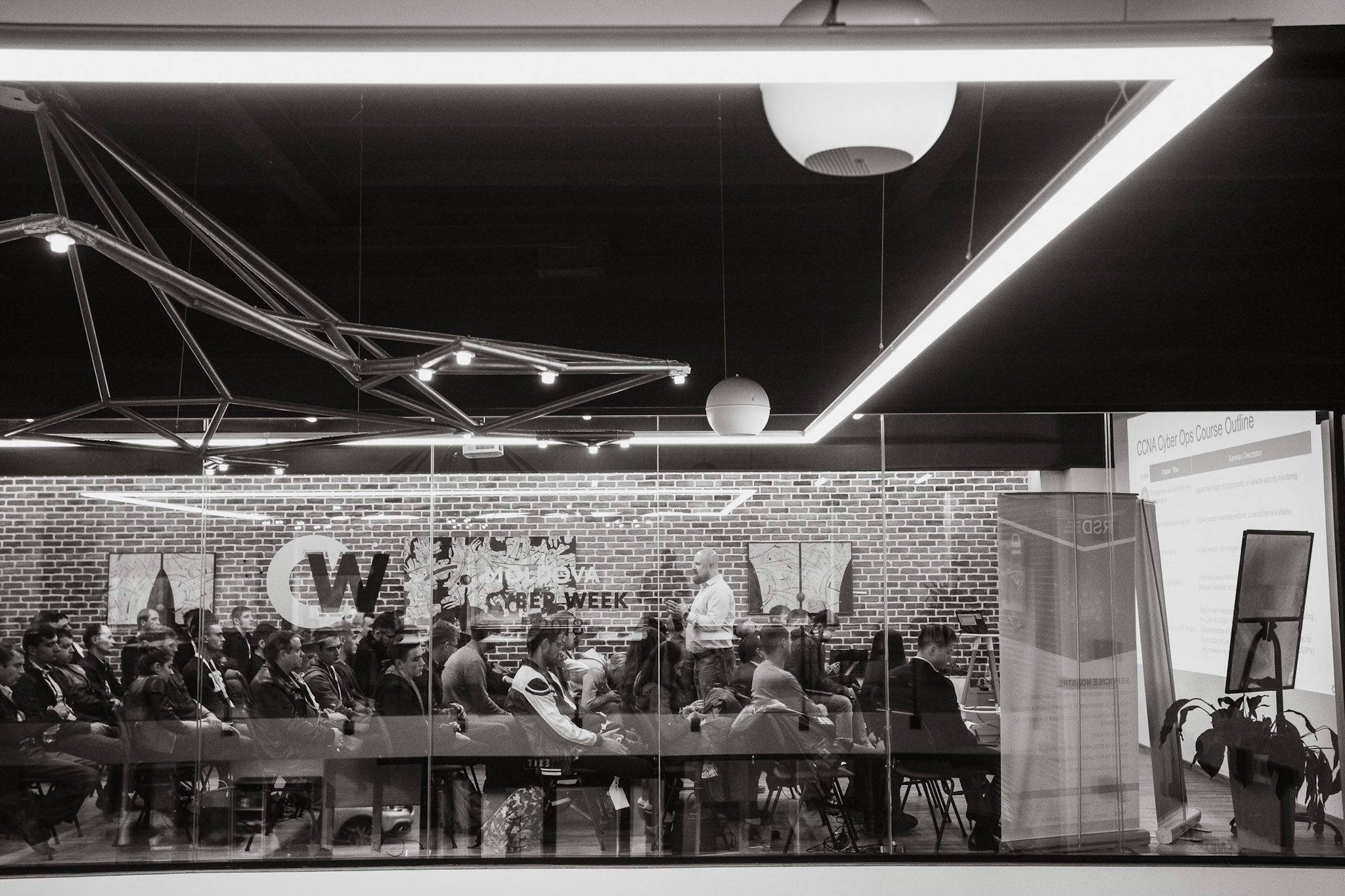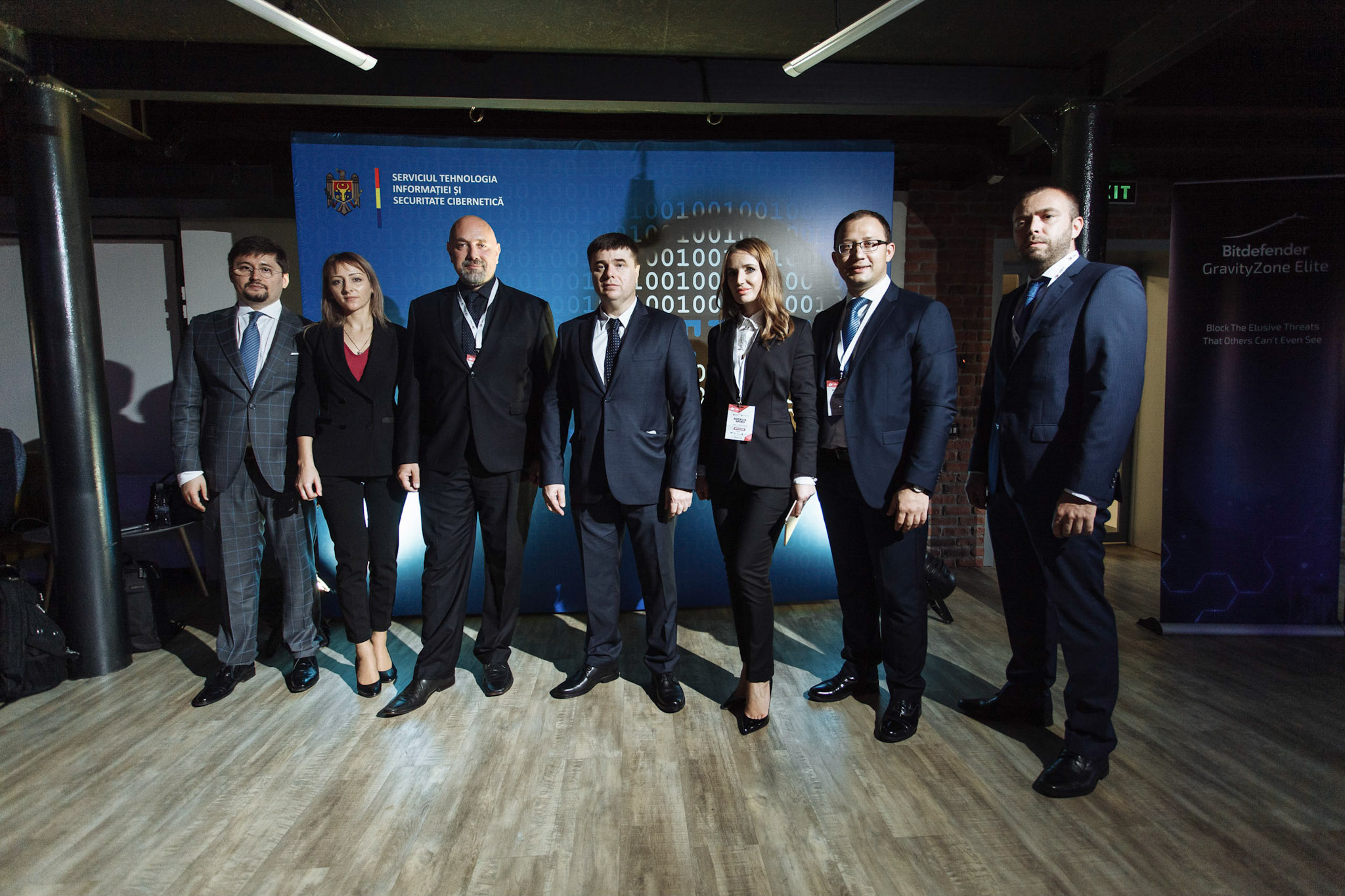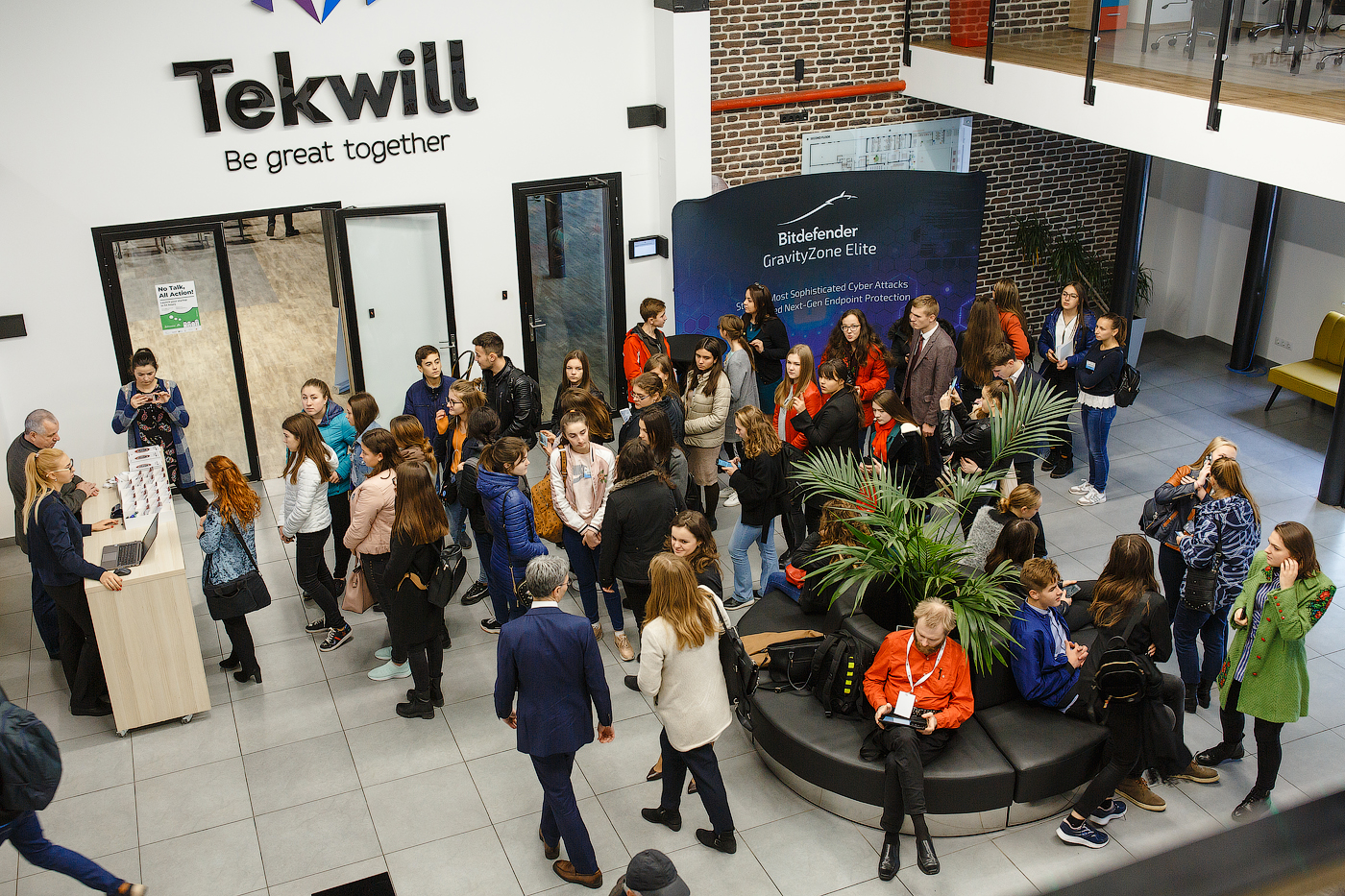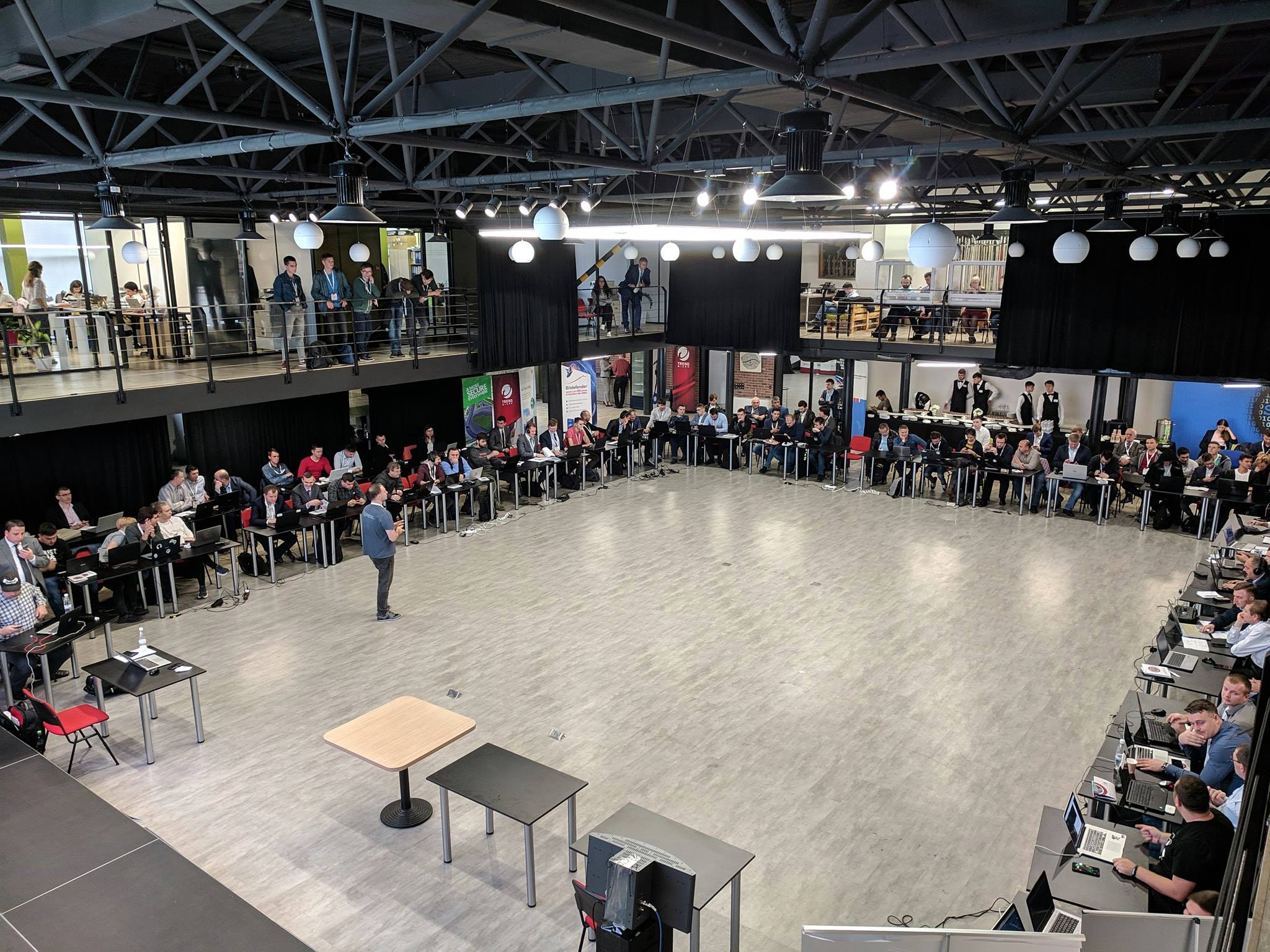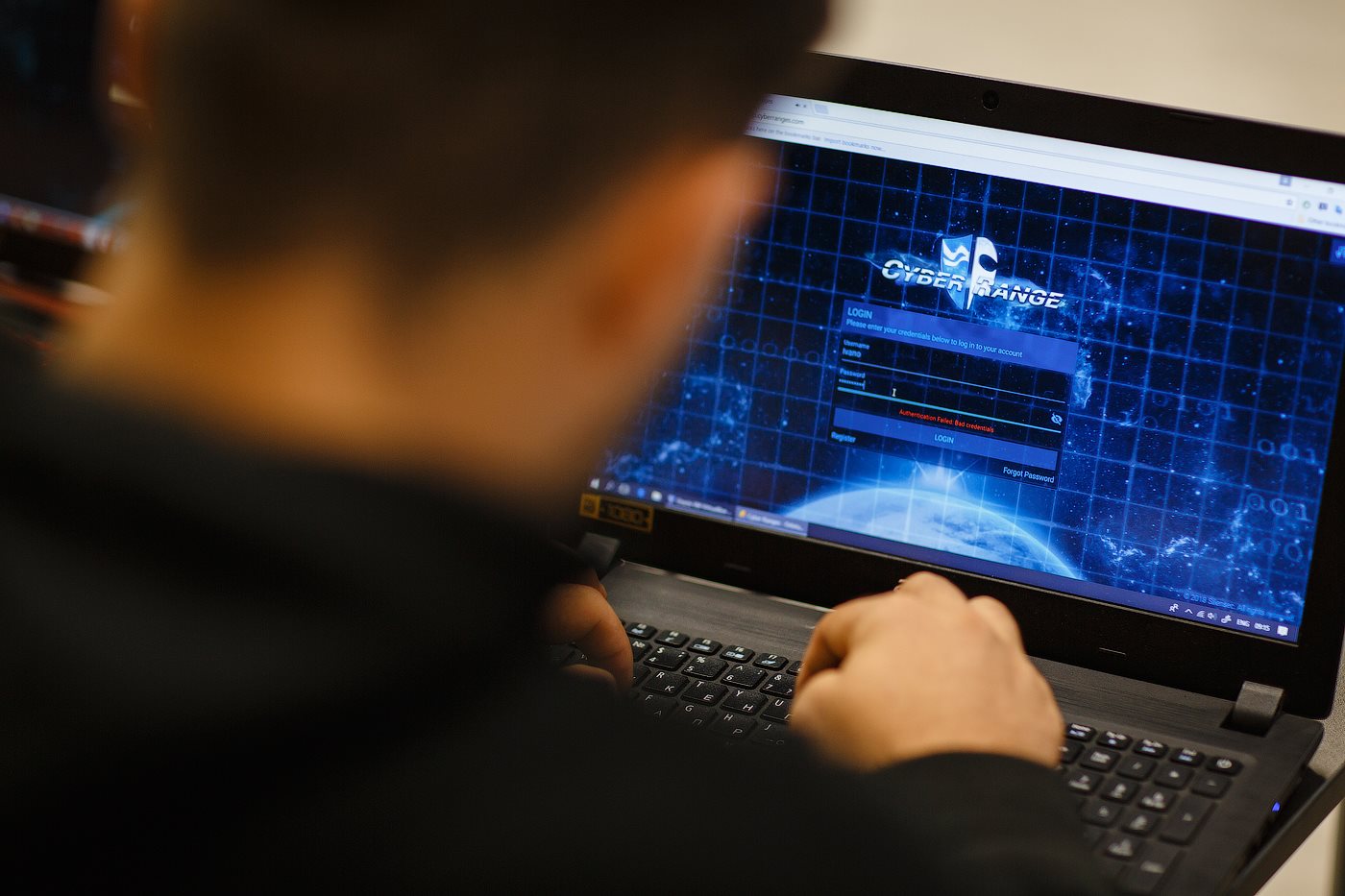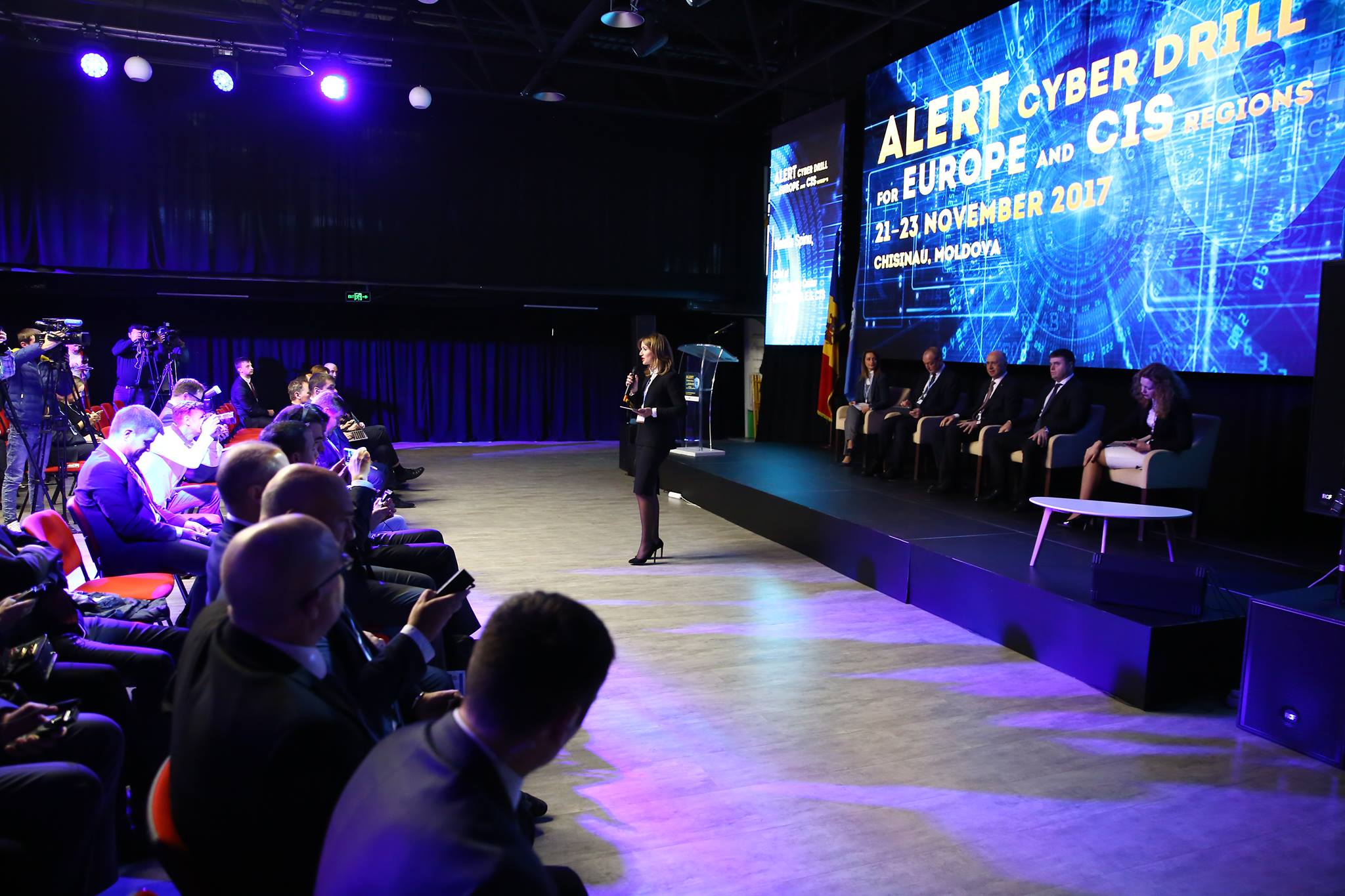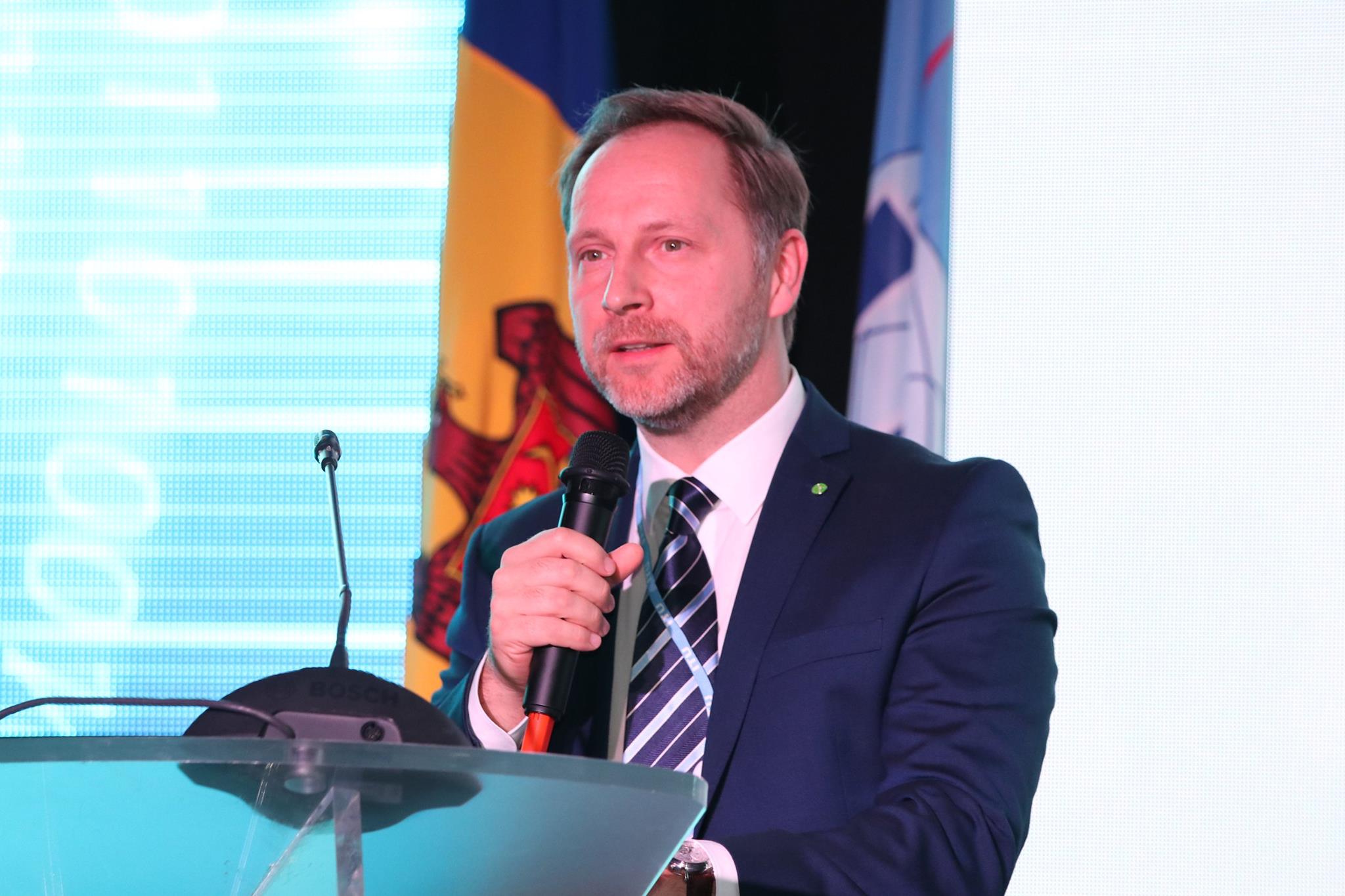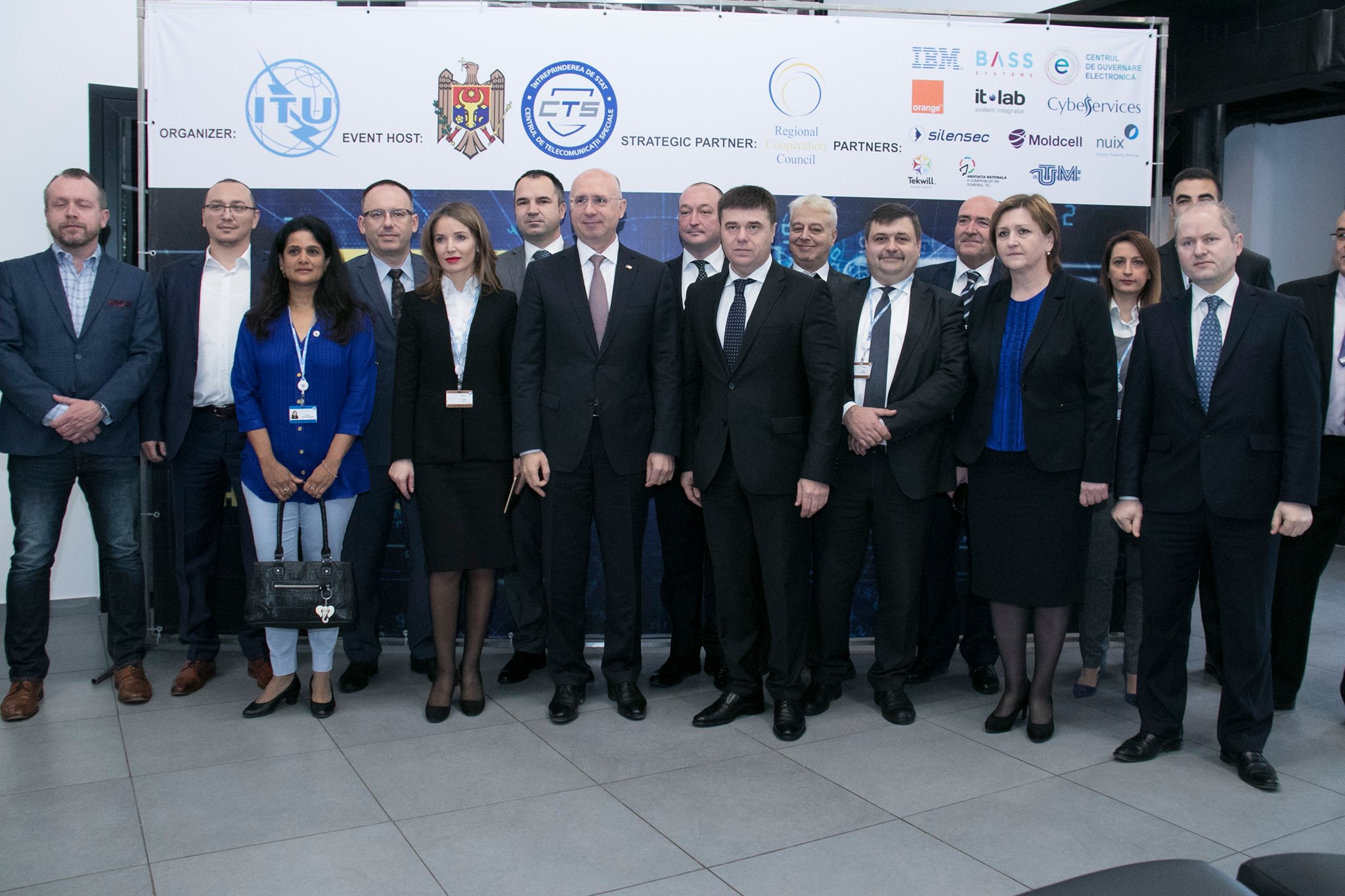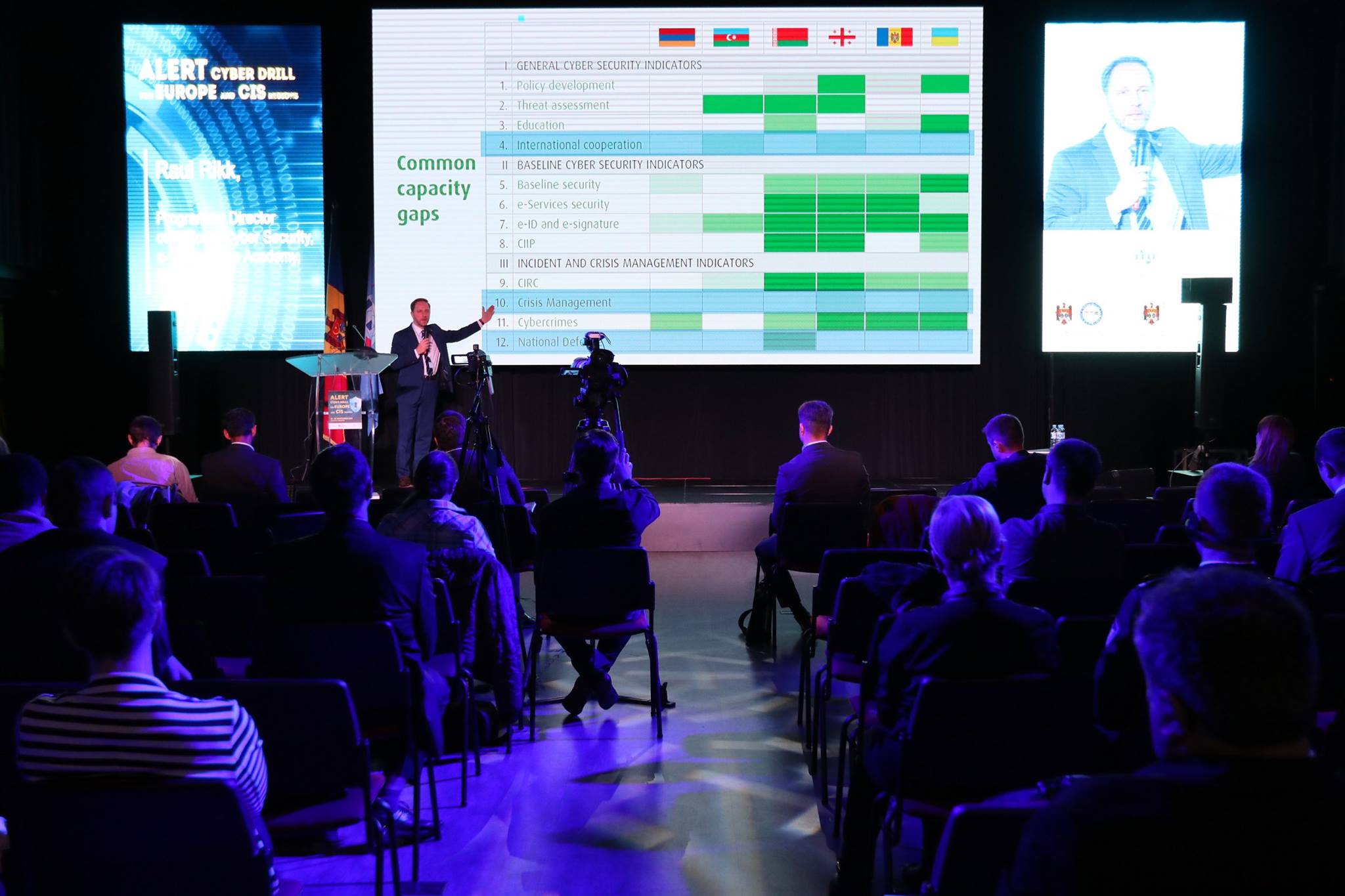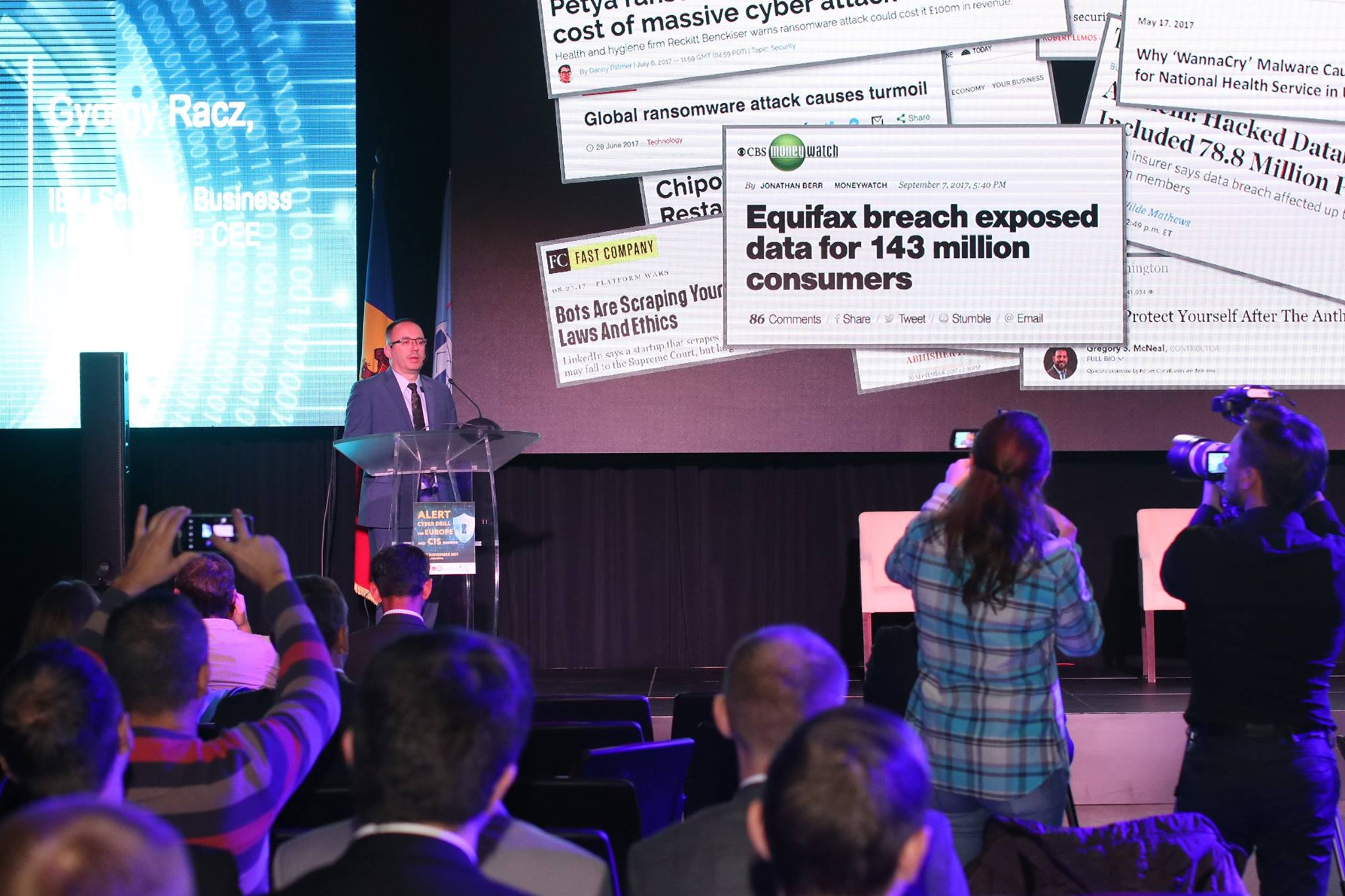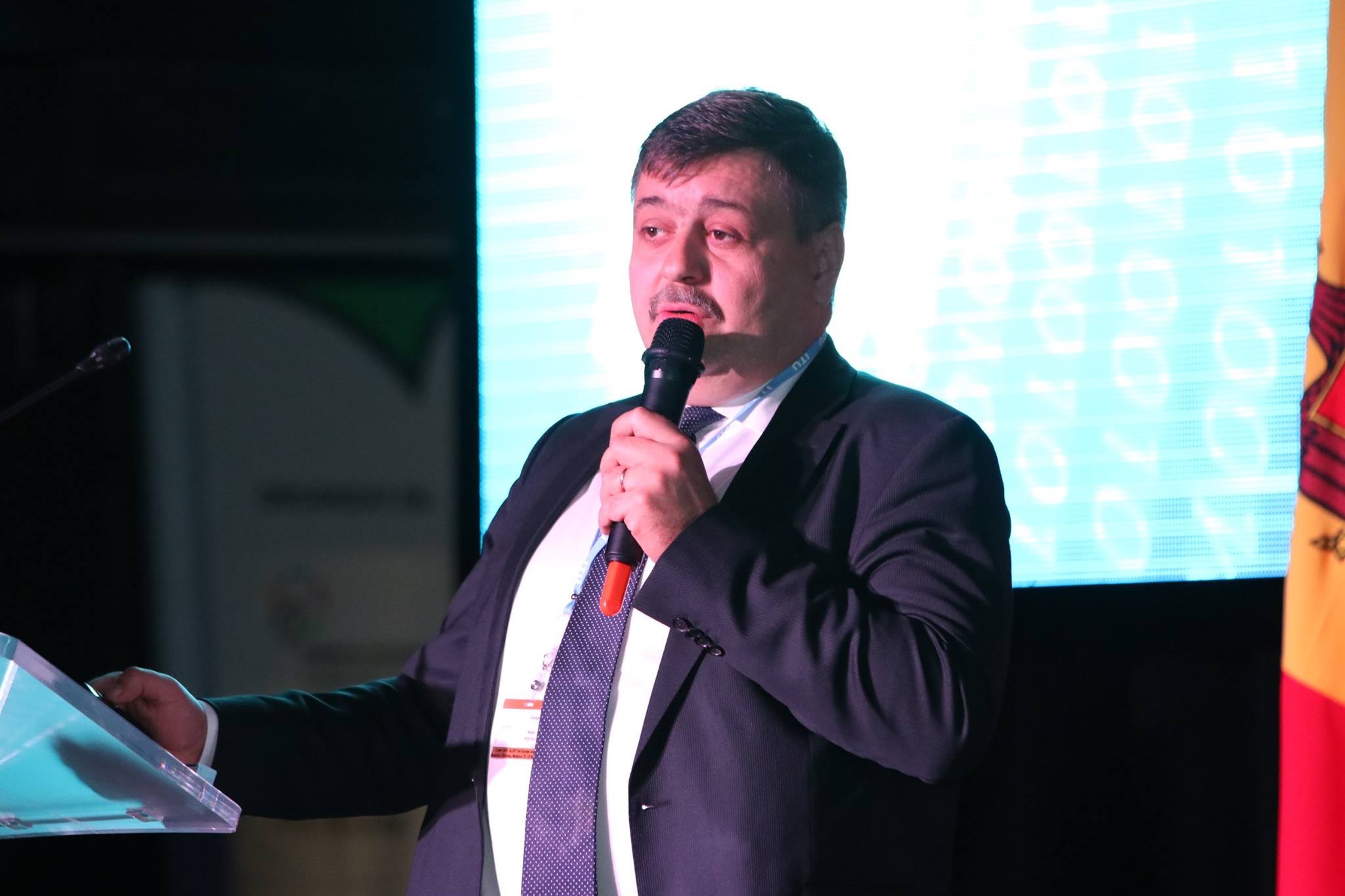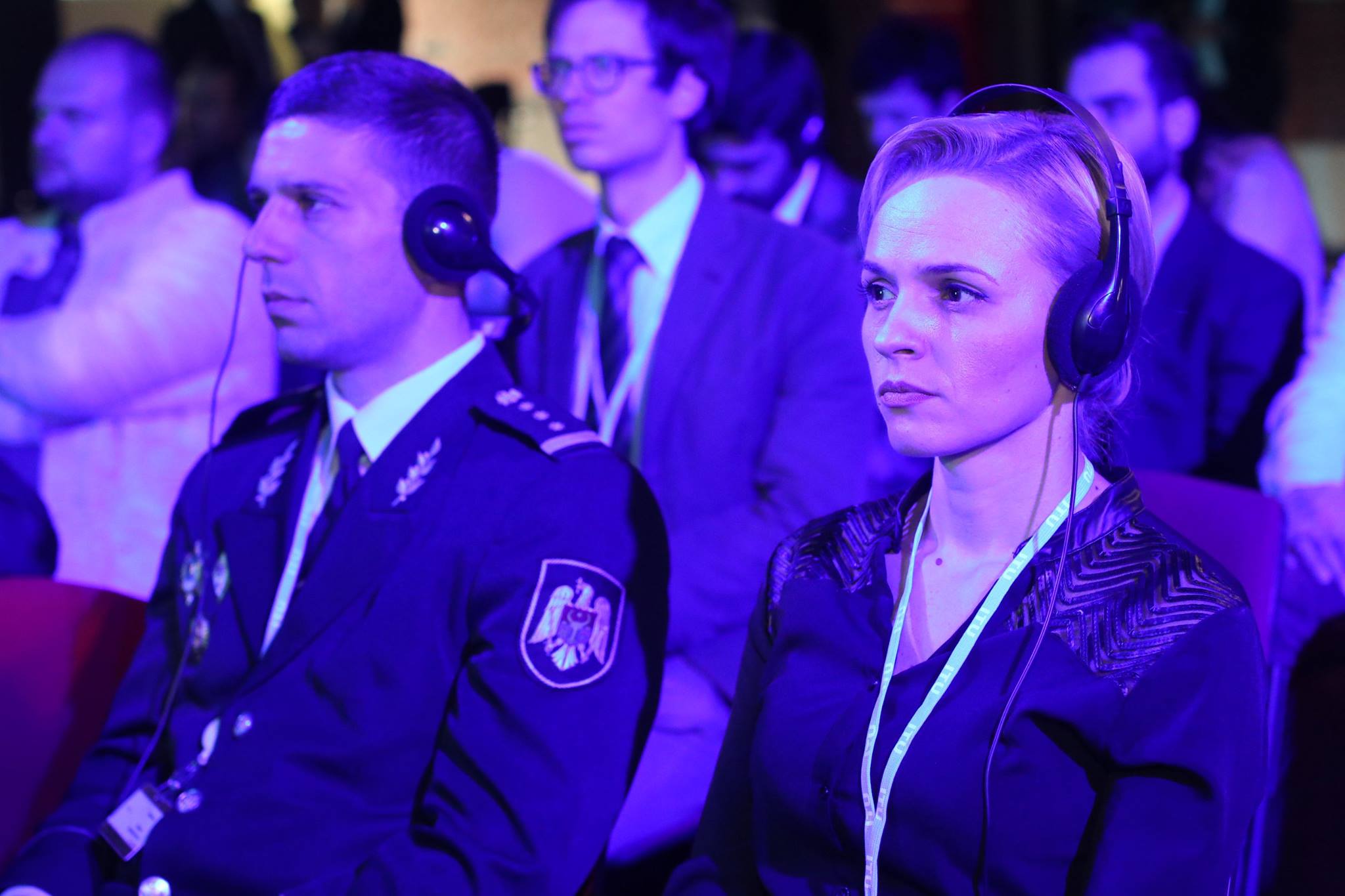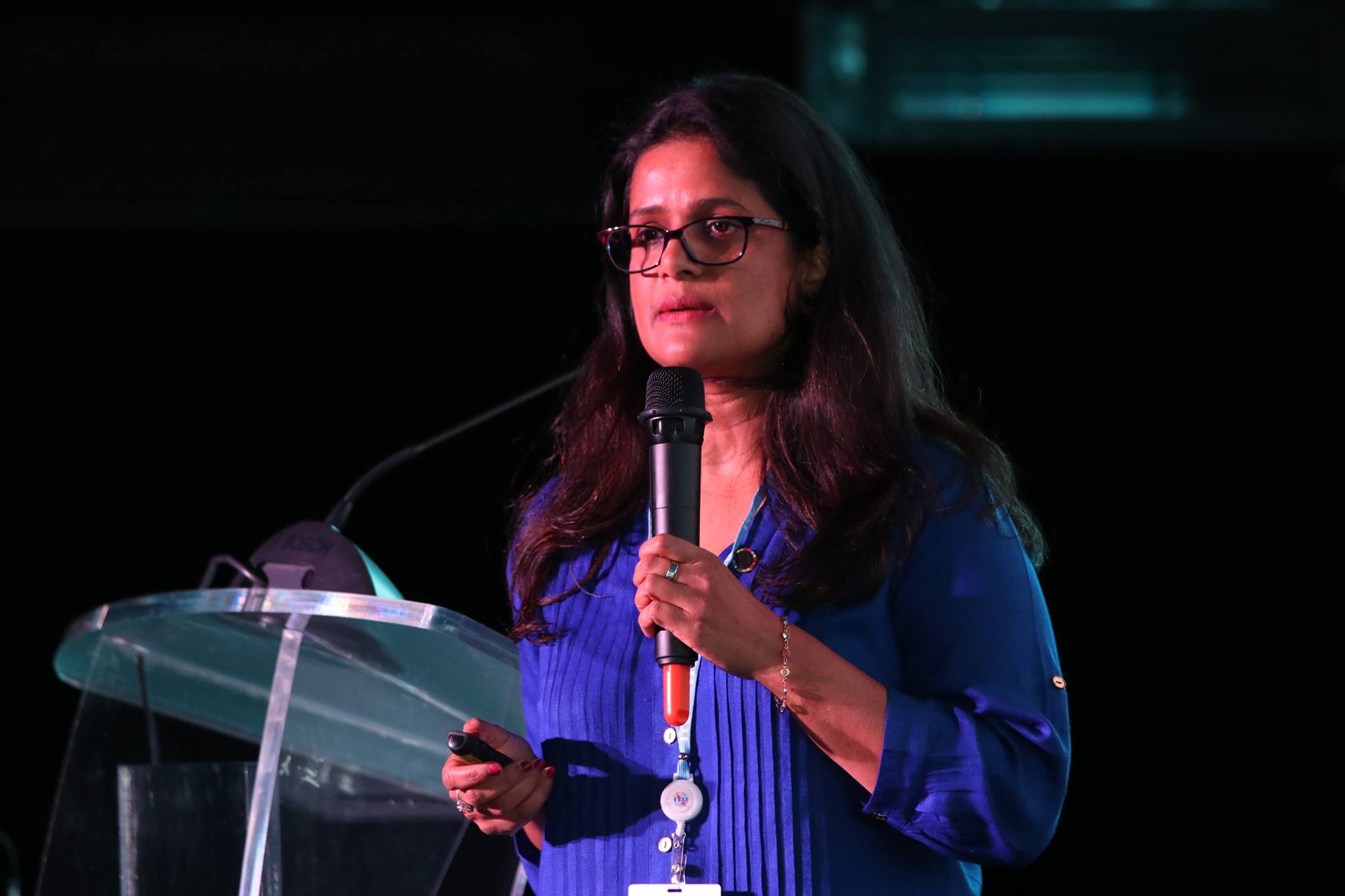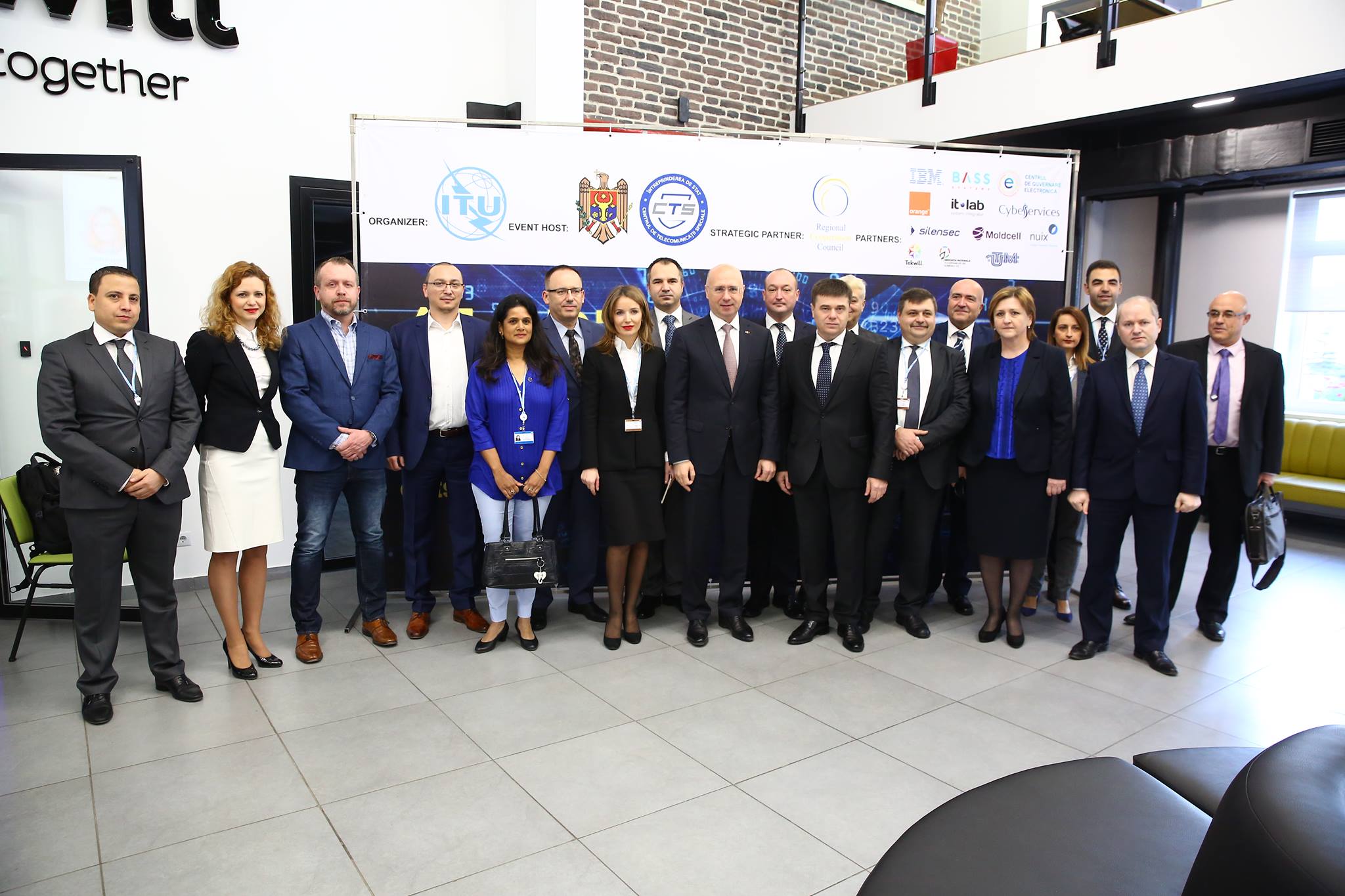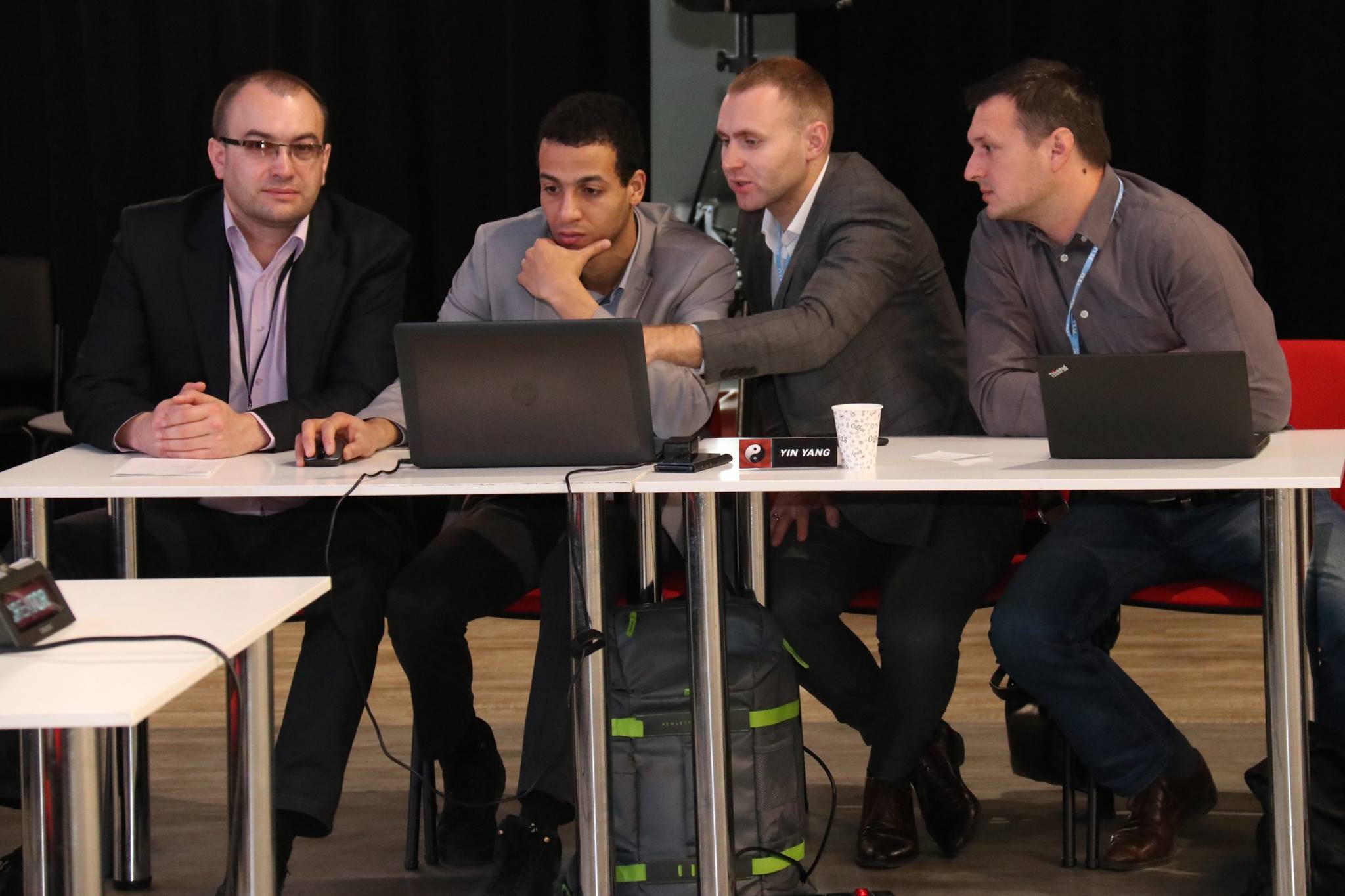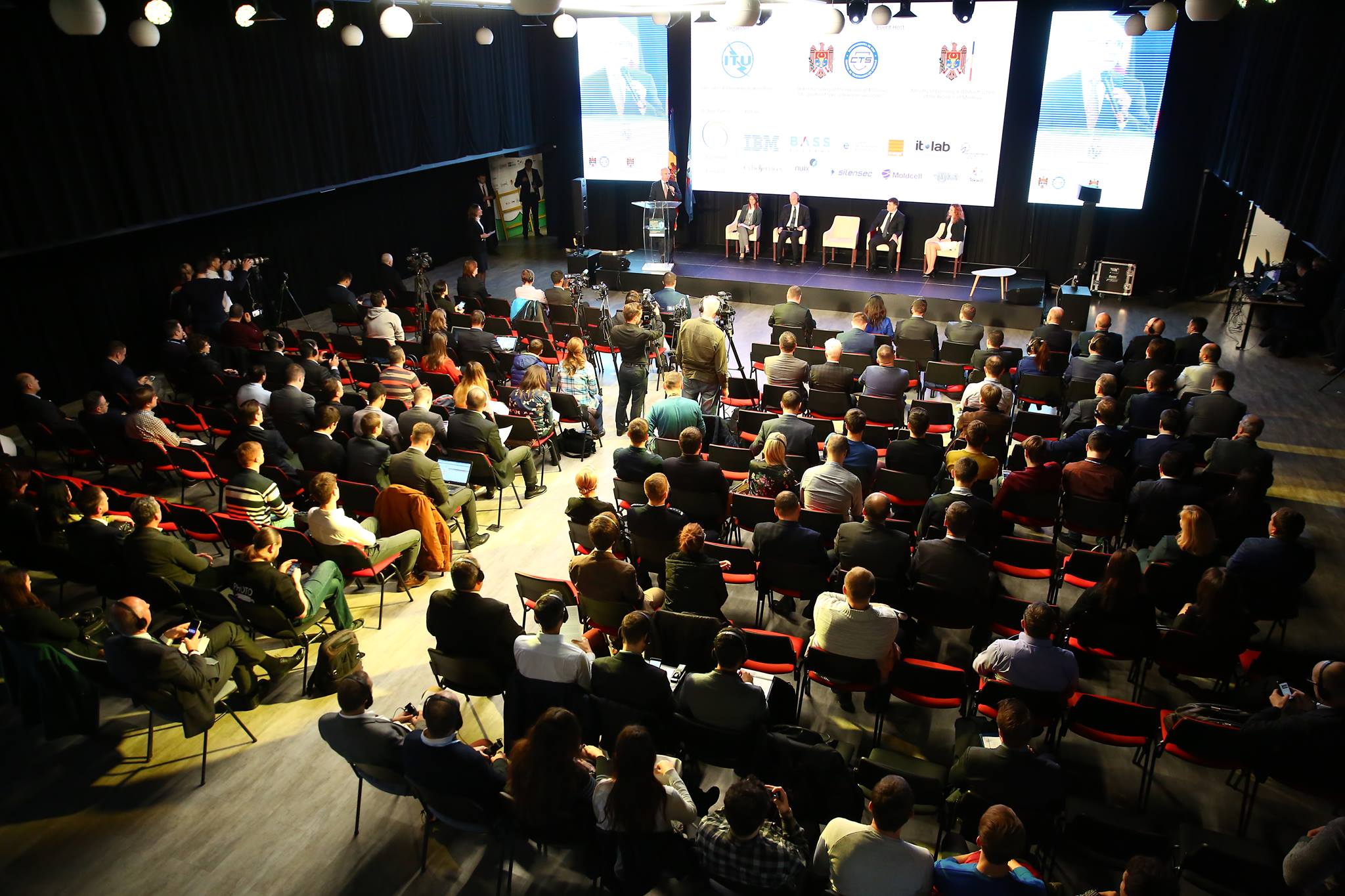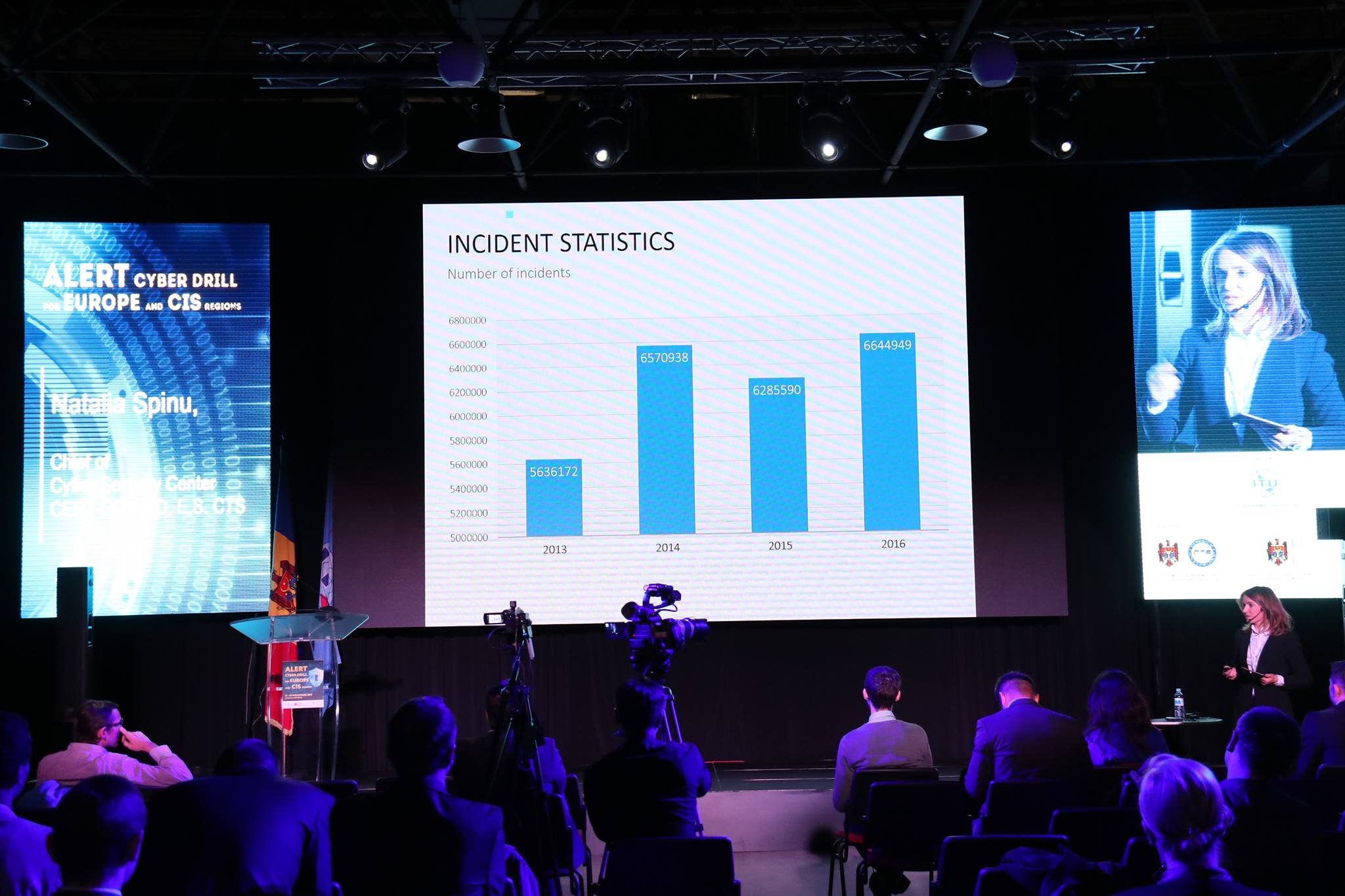Distinguished guests, ladies and gentleman,
The global COVID-19 coronavirus pandemic – an unprecedented crisis and one of the greatest tests we are all currently facing - has shaken the very foundations of the infrastructure preparedness. In a rapidly changing world and as the pandemic crisis has taught us, digital transformation is no longer an option. It is a necessity.
Information technology has become vital and an integral part of everyday life. The positive impact of technology on society has brought change and is continuously helping us to reach new heights that have never before been conceived. Along with a series of other benefits, information technology can empower work efficiency and advancement of national and international infrastructure goals in a transformative manner.
COVID-19 pandemic crisis has impacted our lives and changed many daily routines in a considerably short time, accelerating digital transformation and heavier reliance on digital services. While we had to adapt to a new reality, technology has proved to be a useful and necessary tool to help ensure that governments continue to provide essential public services during the COVID-19 crisis. The crisis has strengthened and reshaped our society's dependency on ICT and the Internet due to the more widely adopted remote working and distance learning practices. The importance of largely investing and developing an extensive digital infrastructure became thus imperative, ensuring equitable access to digital infrastructure, which has never been more important than now. The ‘New Normal’ has brought to light both the advantages of an innovative and robust public administration and the need for thorough understanding and reassessing the implications in cyber security.
The use of digital technologies has profoundly changed the definition of security architecture of our democracies. The cyberspace has become a separate battlefield with cyberattacks becoming a powerful, low-cost option of warfare. Therefore, cyber security is essential and critical with governments across the world prioritizing the issue of cyberspace, focusing both on developing mechanisms of preventive action and capacity building, as well as laying grounds for greater cooperation at the international level by addressing mutual concerns and identifying tools for enabling a safer cyber environment for all of us.
One of the lessons the pandemic has taught us is that we can never be fully prepared for such ‘Black Swan’ events as COVID-19 and that the profound knock-on effects for almost every aspect of our lives andeconomies are far-reaching. That is exactly why we have to be prepared to adapt and make sure we have a robust cyber environment. The dynamic and fast-moving nature of cyber security is increasing our proactiveness, vigilance and resilience at all levels.
It is my strong belief that developing a secure, sustainable and resilient cyberspace requires a multi-stakeholder’s approach, bringing together governments, ICT communities, industries, academia, which are essential to building effective resilience capabilities. Despite the current challenges, we can work together as to seize the opportunity.
We must become more agile in adjusting or developing national cybersecurity strategies, as well as legal and regulatory framework regarding cyberspace. More than ever, cyber security requires international cooperationand an increased trust, at all levels, between countries and industries. Collaboration at the policy, technical and law enforcement levels are vital to protect us and allow us to work together to find solutions, by also exchanging knowledge and information to address common challenges. Furthermore, we have to join our efforts to work toward unified awareness campaigns.
In this respect, the 8th edition of Moldova Cyber Week “Building a strong cybersecurity infrastructure in the New Normal”, that has embraced a fully digital format, provides a great opportunity and a platform for an open dialogue on perspectives of cybersecurity in a new reality. As the COVID-19 pandemic accelerates digital transformation, it is essential that we all take a cognizant look at our cybersecurity posture and implement concrete measures aimed at building a stronger level of digital trust and enabling a robust cybersecurity environment in a post-pandemic world as we all walk this path together.
Along this path, it is our common opportunity to grow together by learning from each other and by supporting a cybersecurity community without boundaries. COVID-19 pandemic has revealed the importance of international, cross-stakeholder coordination, building partnerships and developing common approaches to strengthening cyber resilience.
I am confident that Moldova Cyber Week 2020 will contribute to fostering the dialogue and cooperation, as well as raising the cybersecurity awareness in challenging times, but also sharing knowledge and information, exchanging ideas and good practices on ways to continuously improve digital trust across institutions, industries and individuals as cyber security in the ‘New Normal’ is our shared responsibility.
Ion CHICU
Prime Minister of the Republic of Moldova













